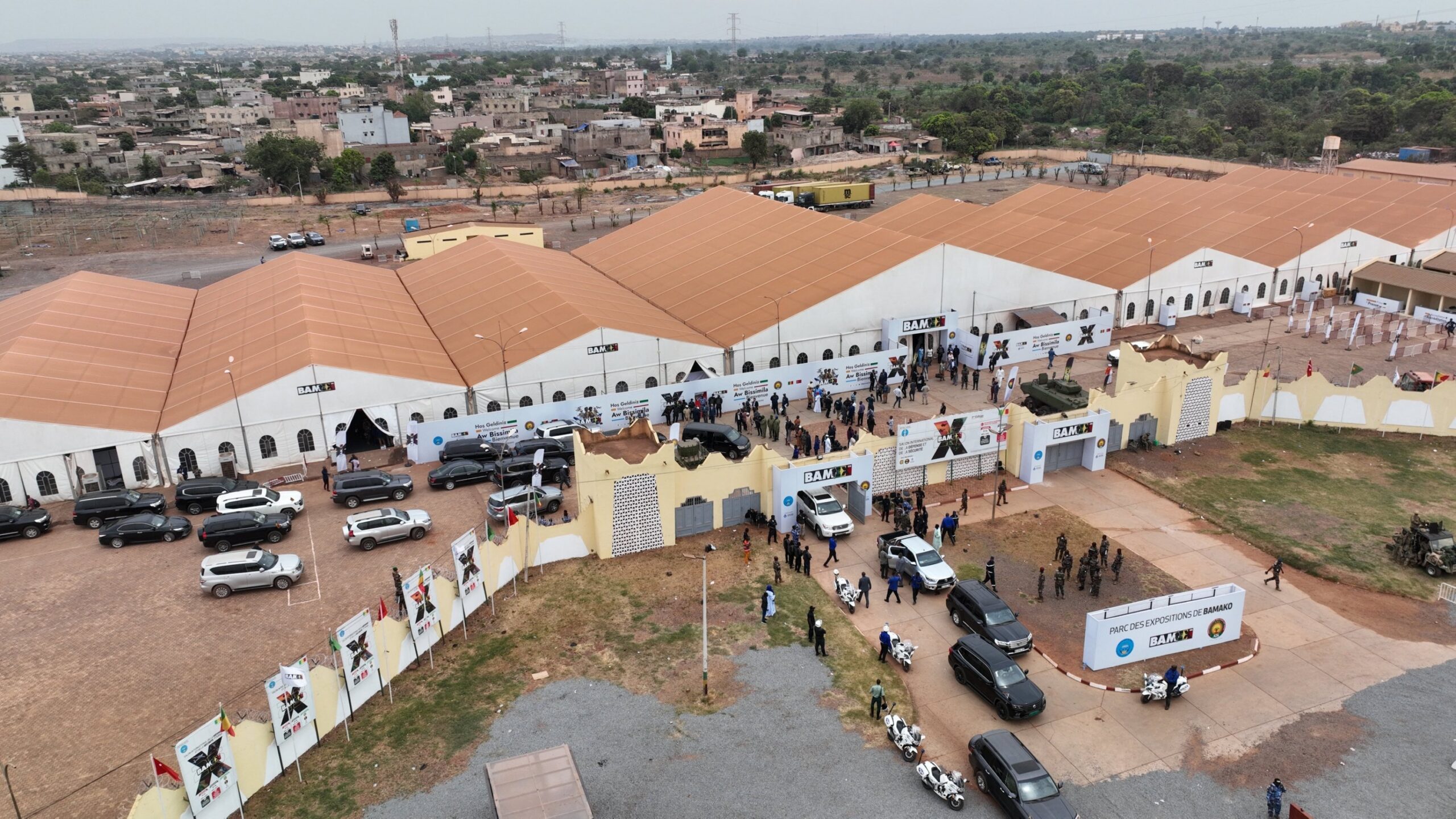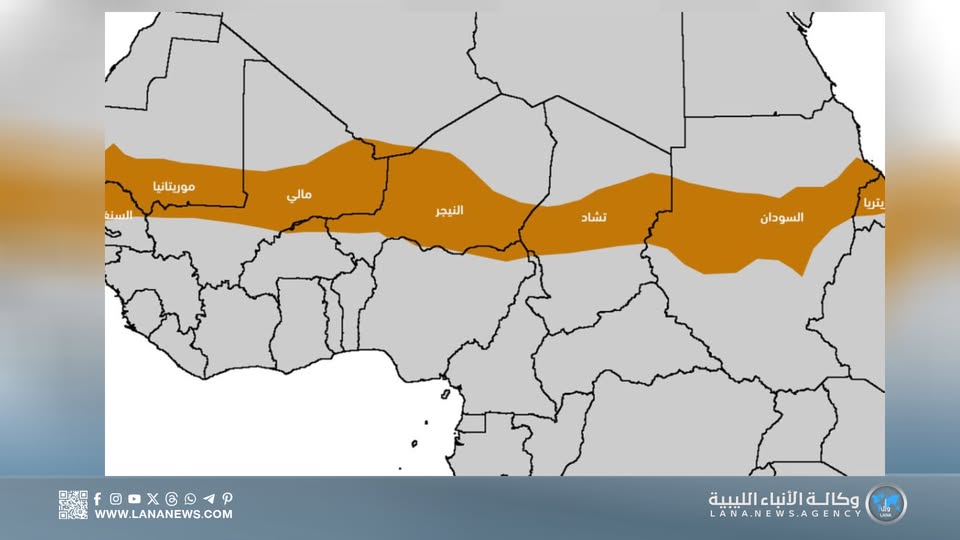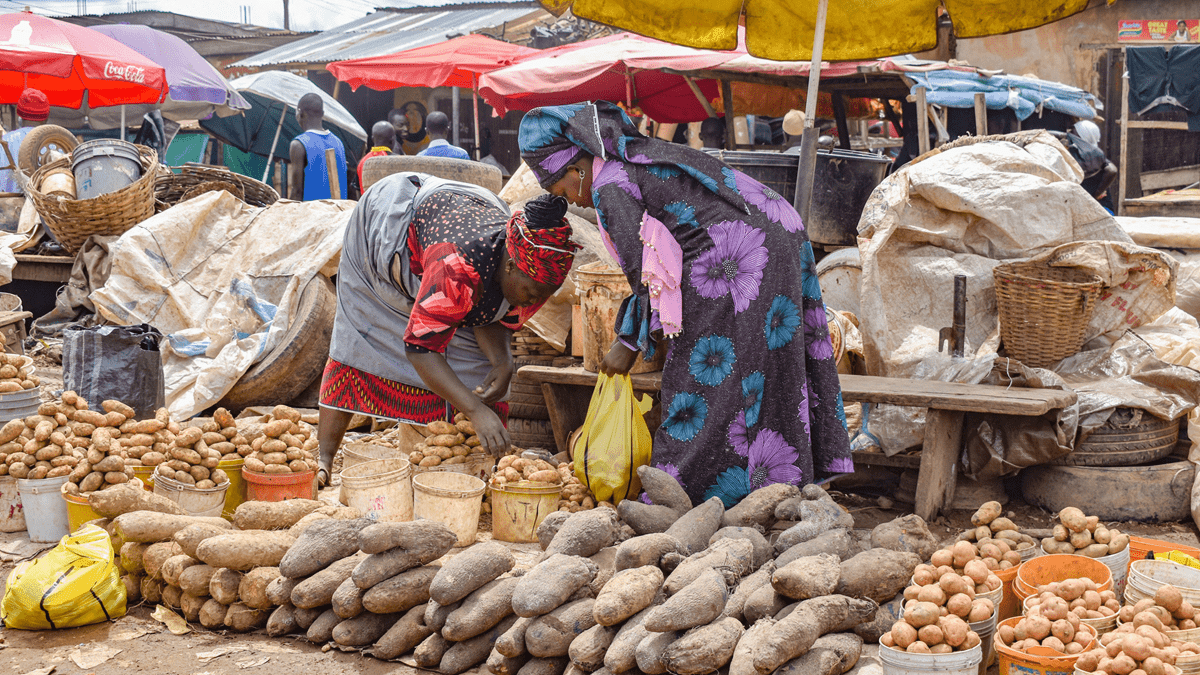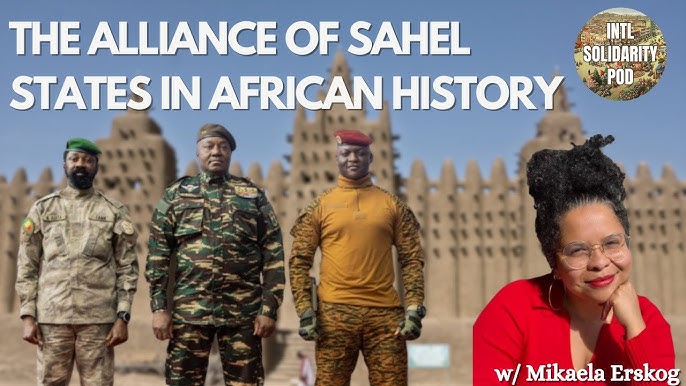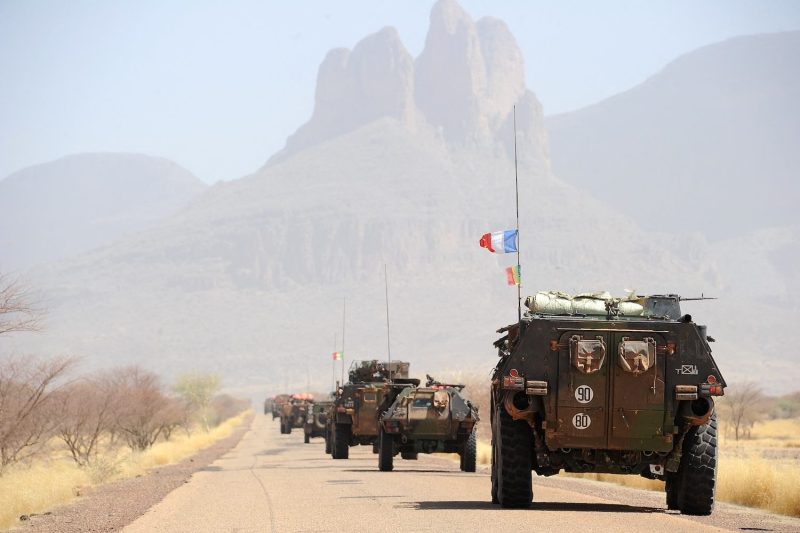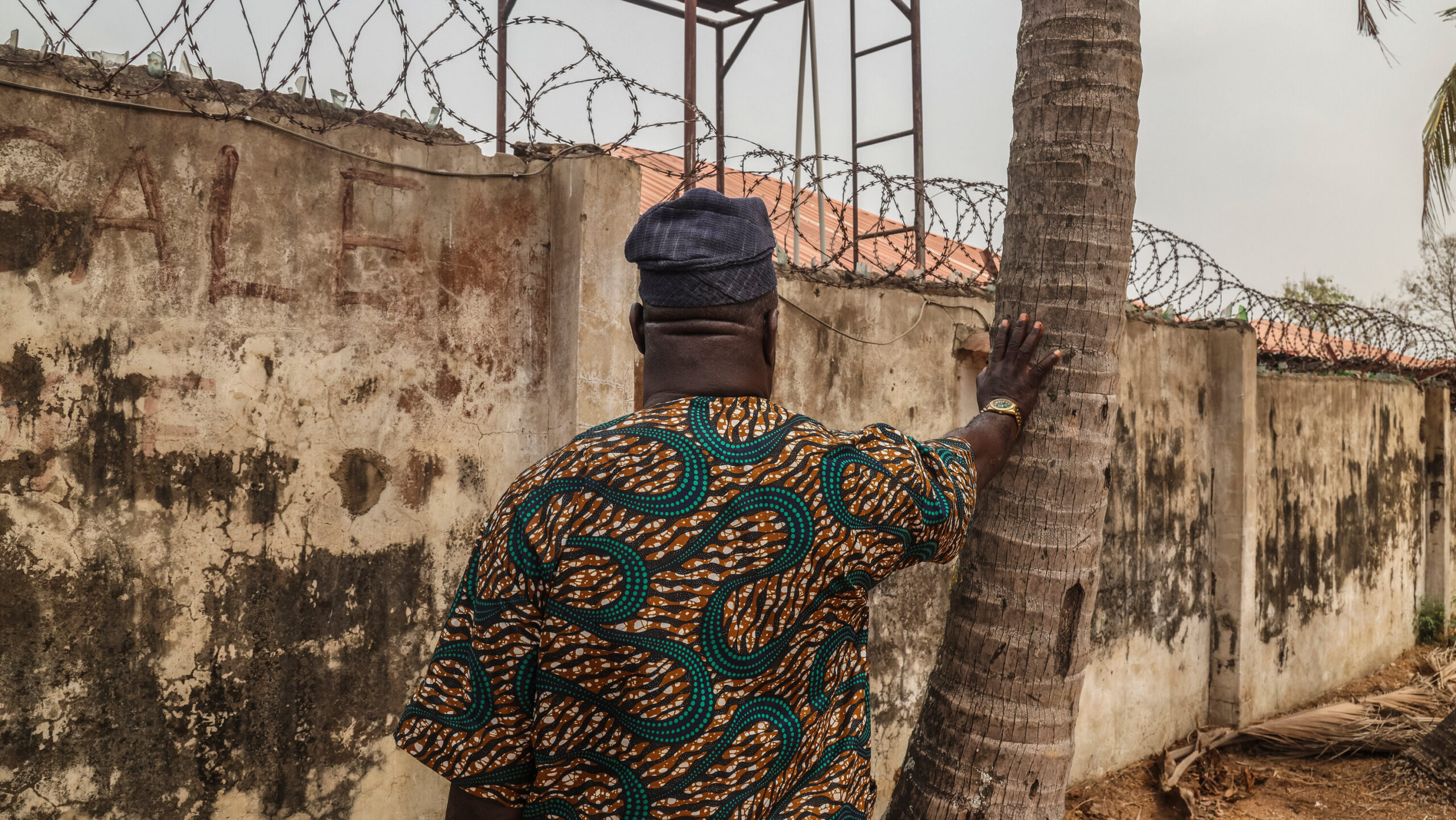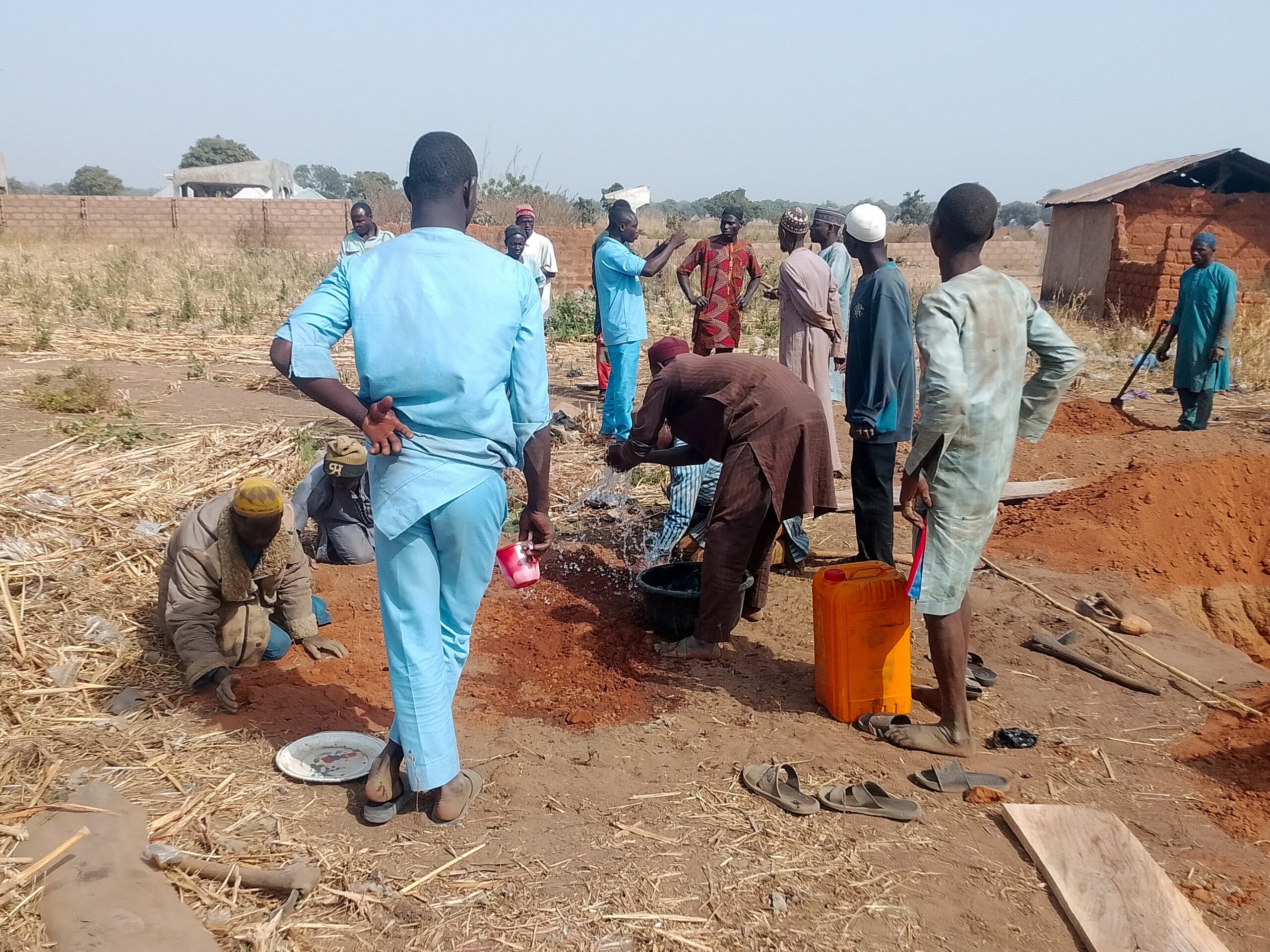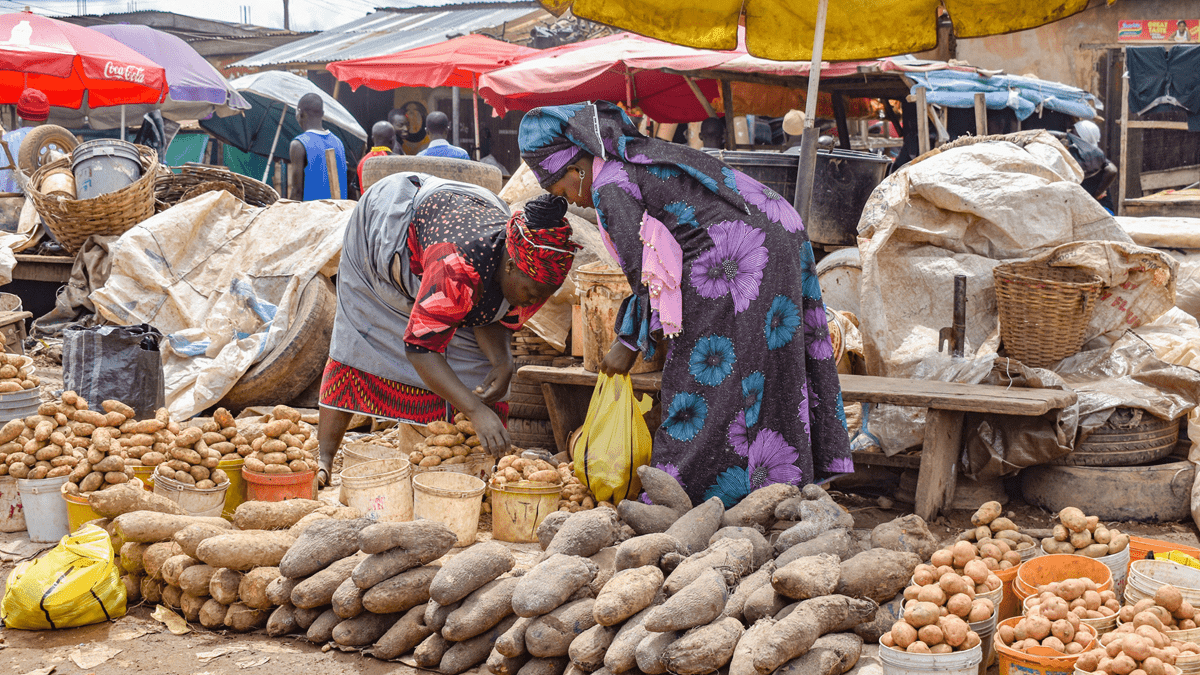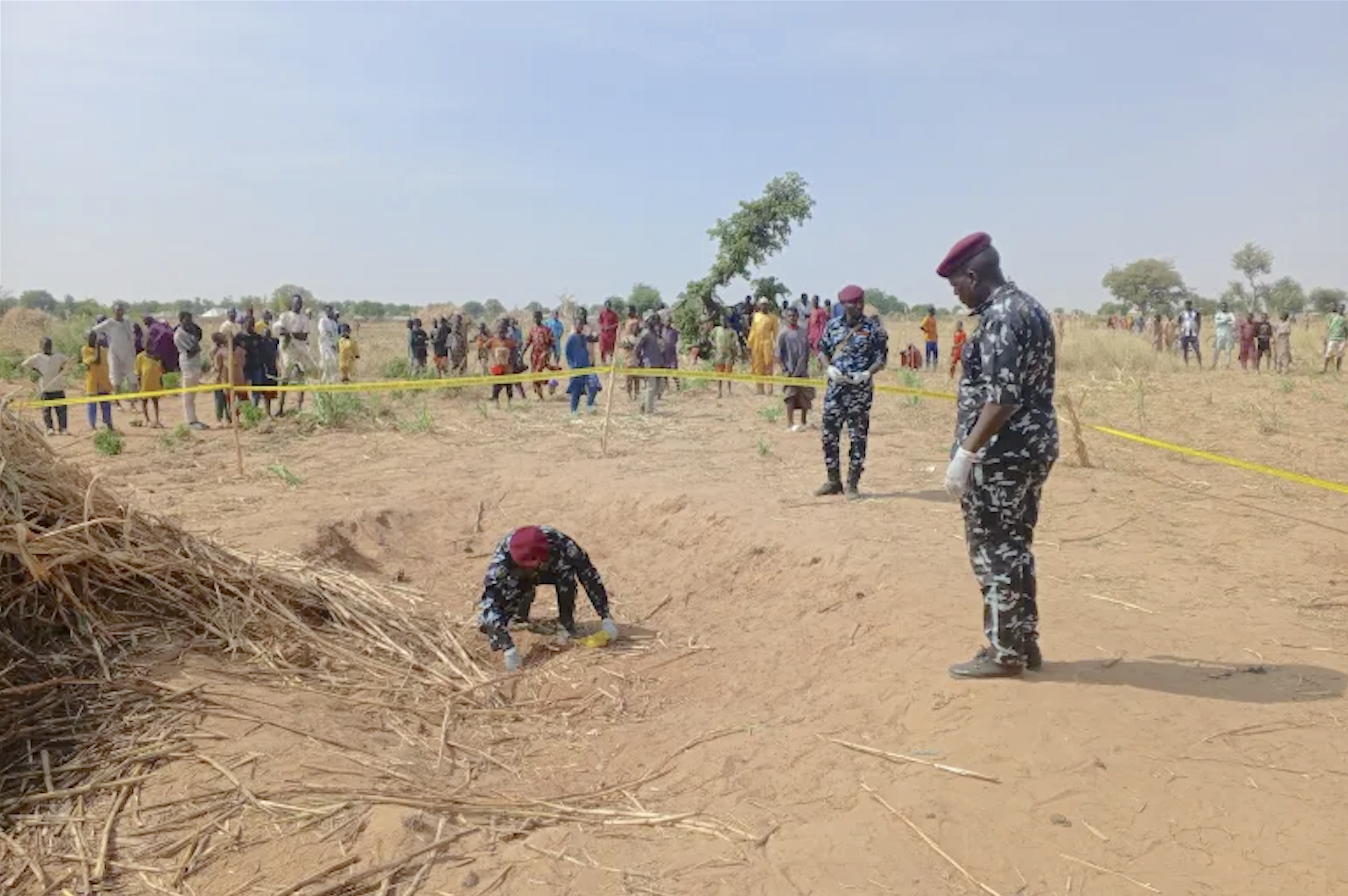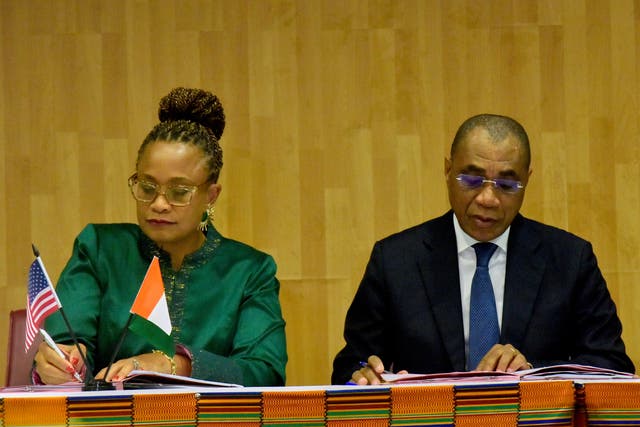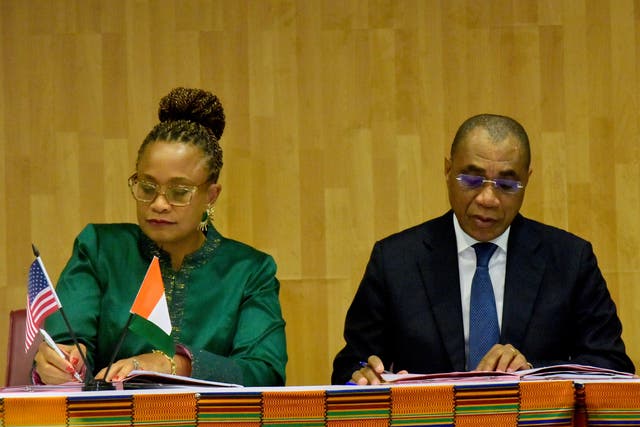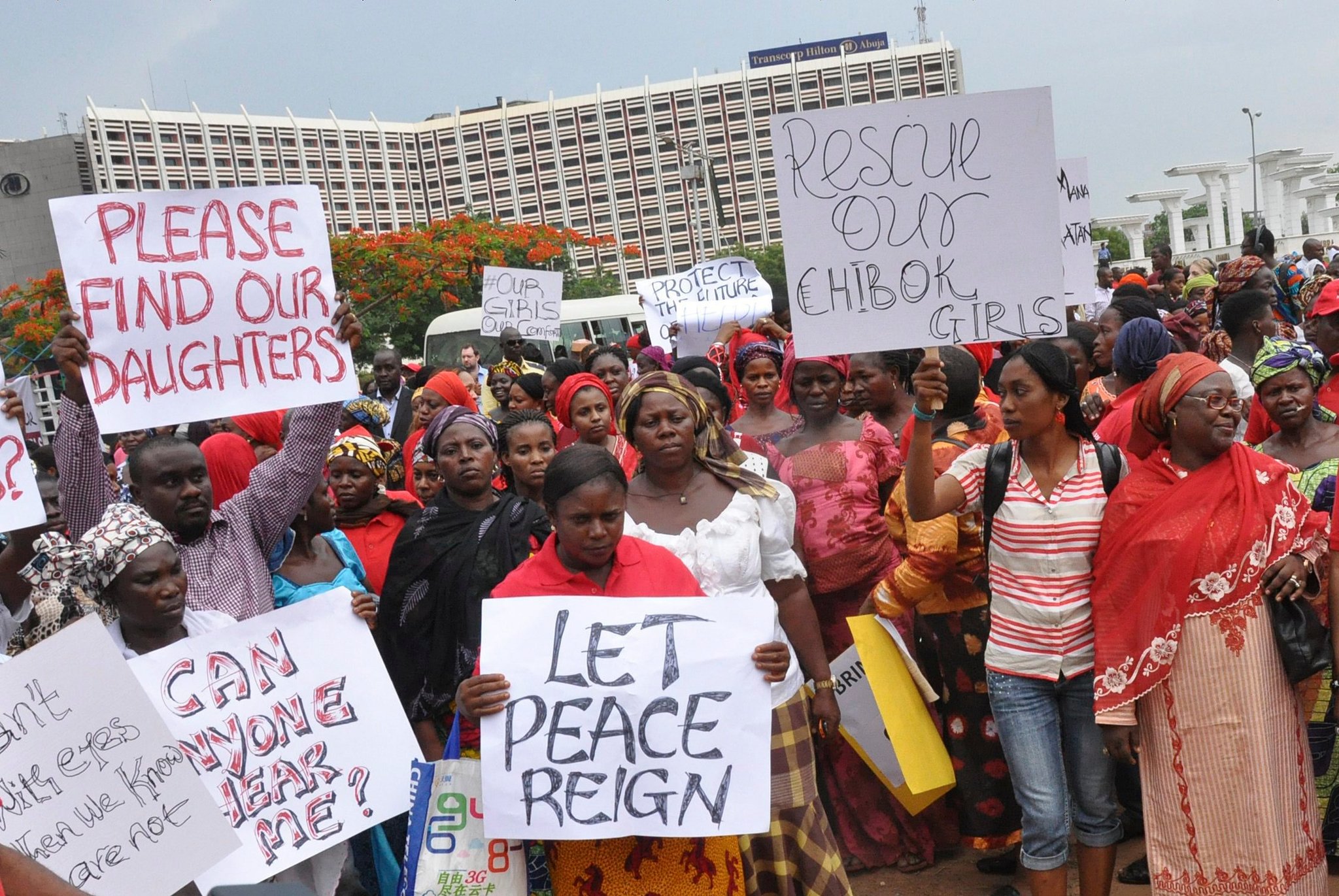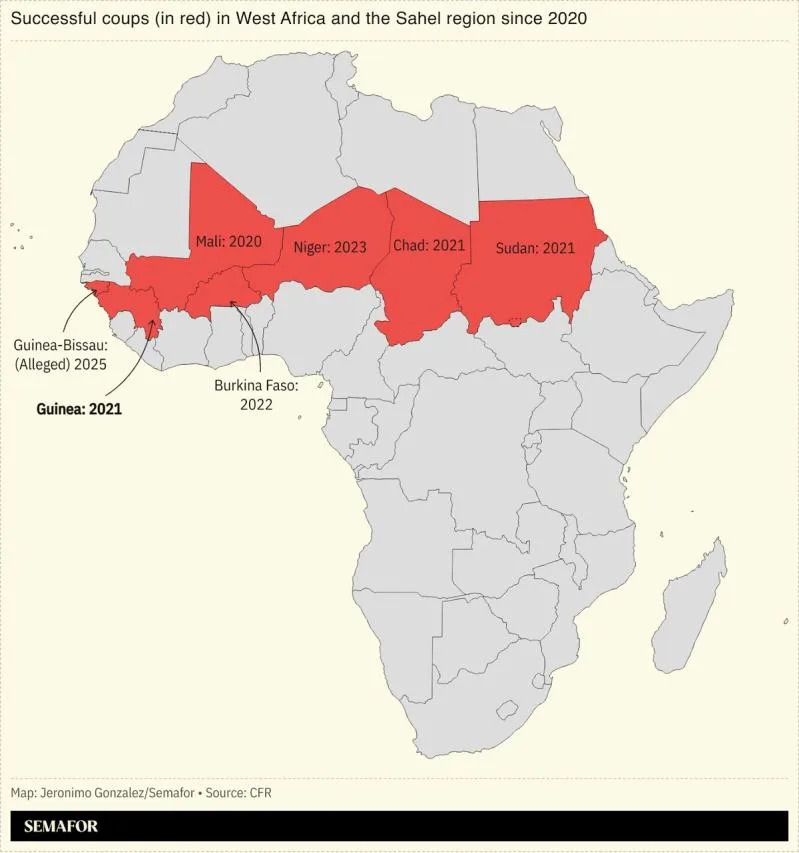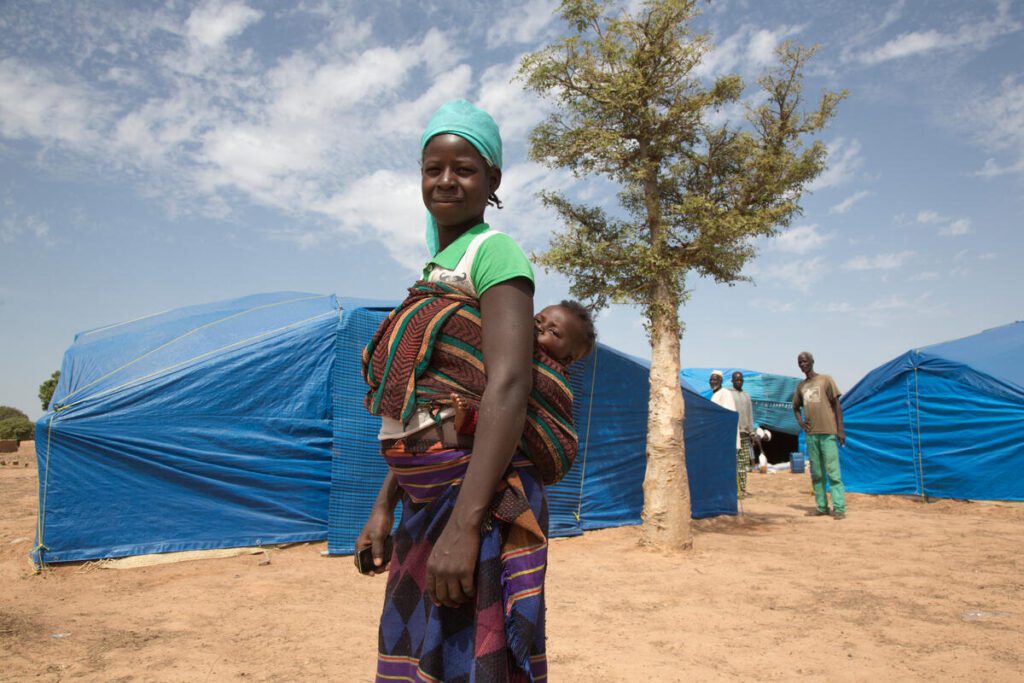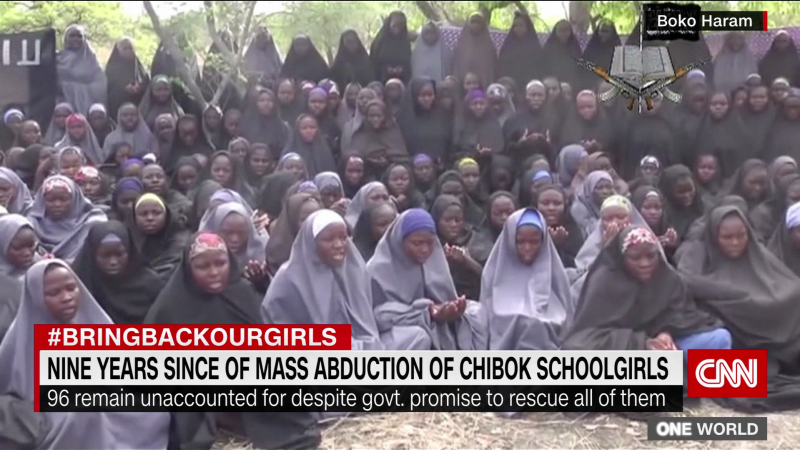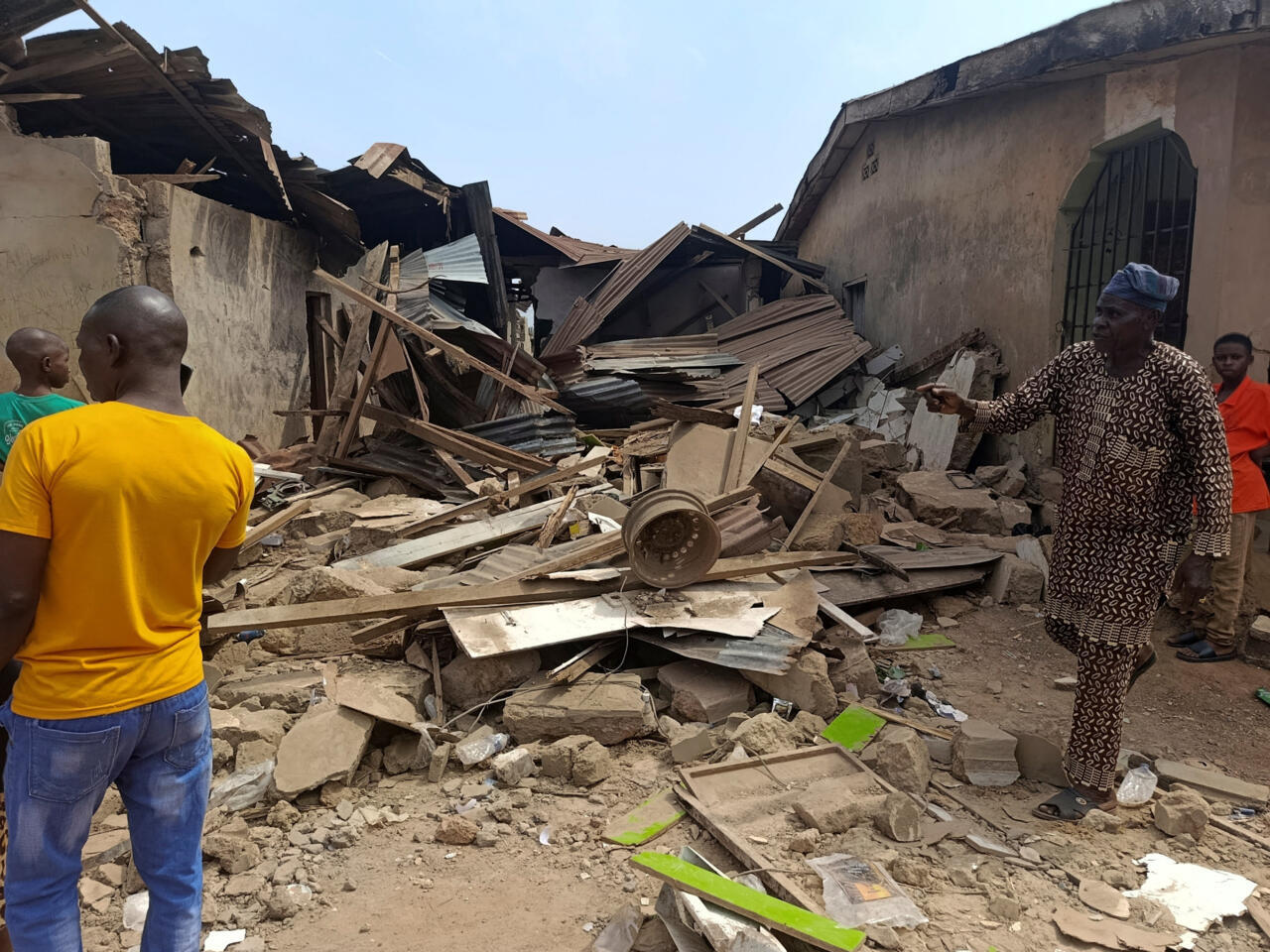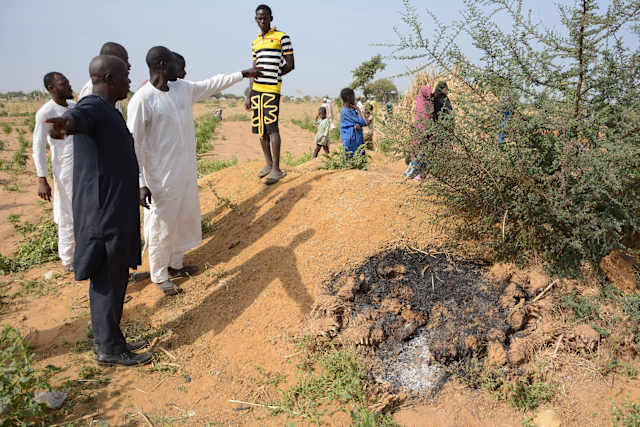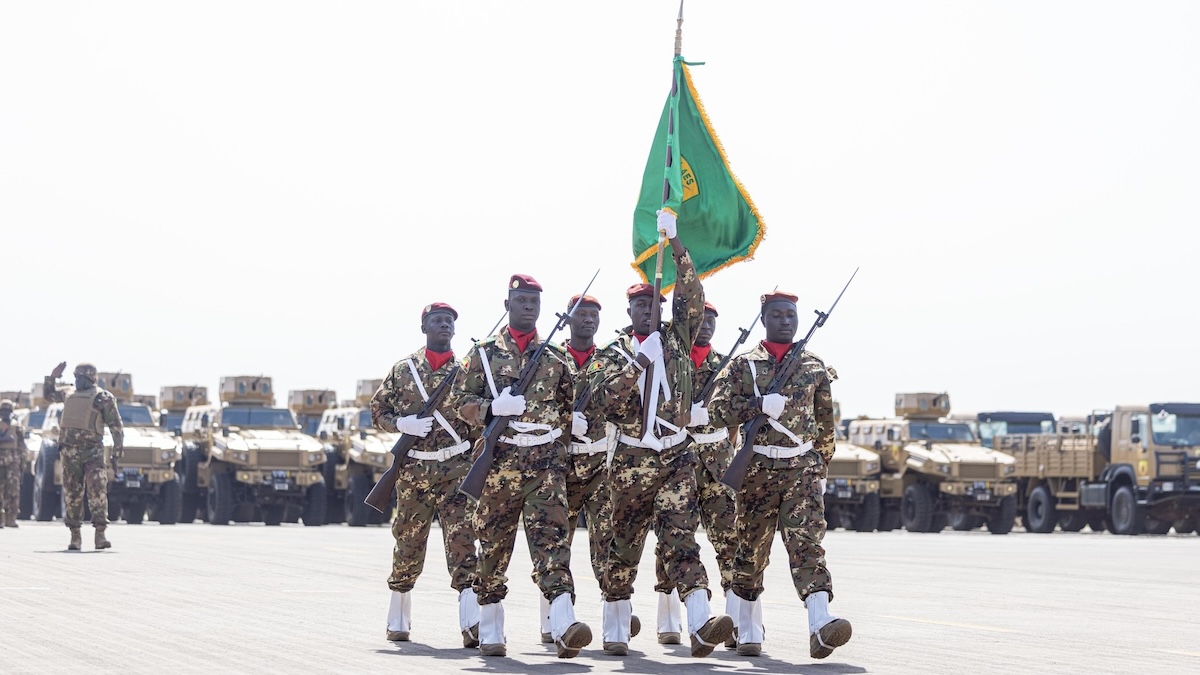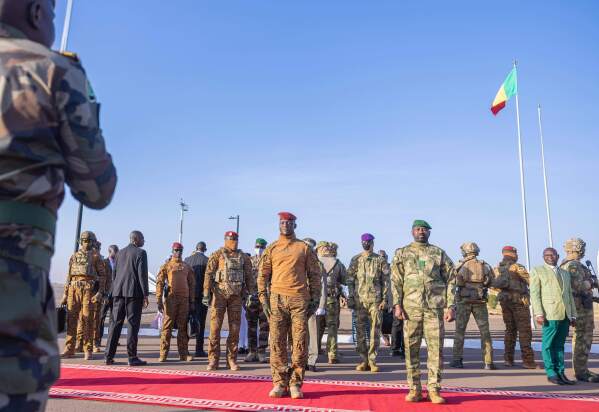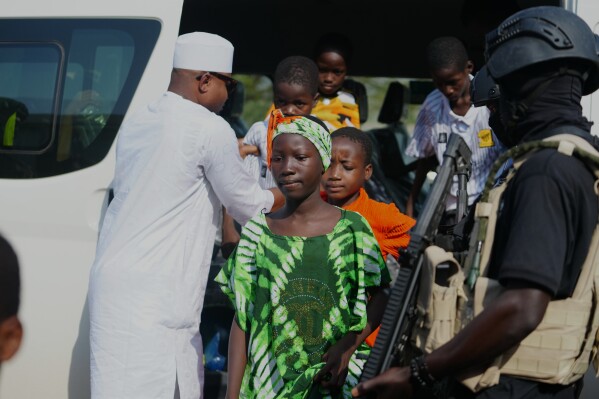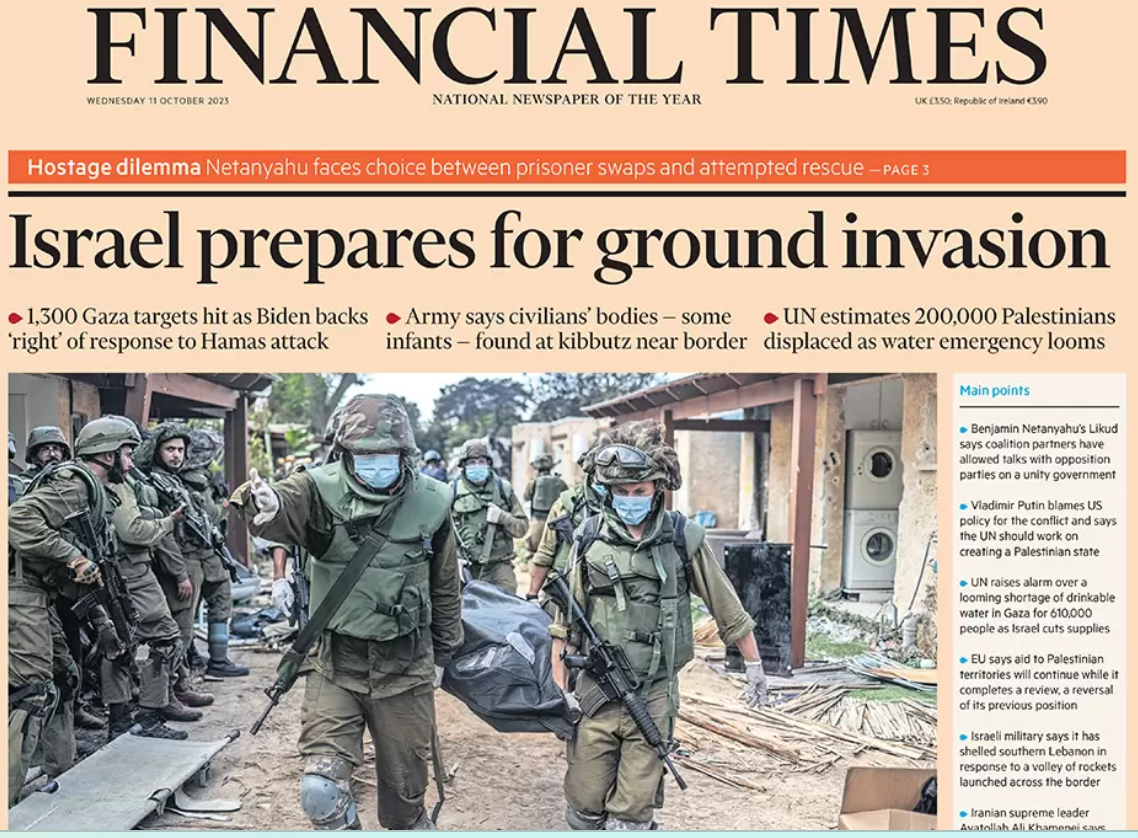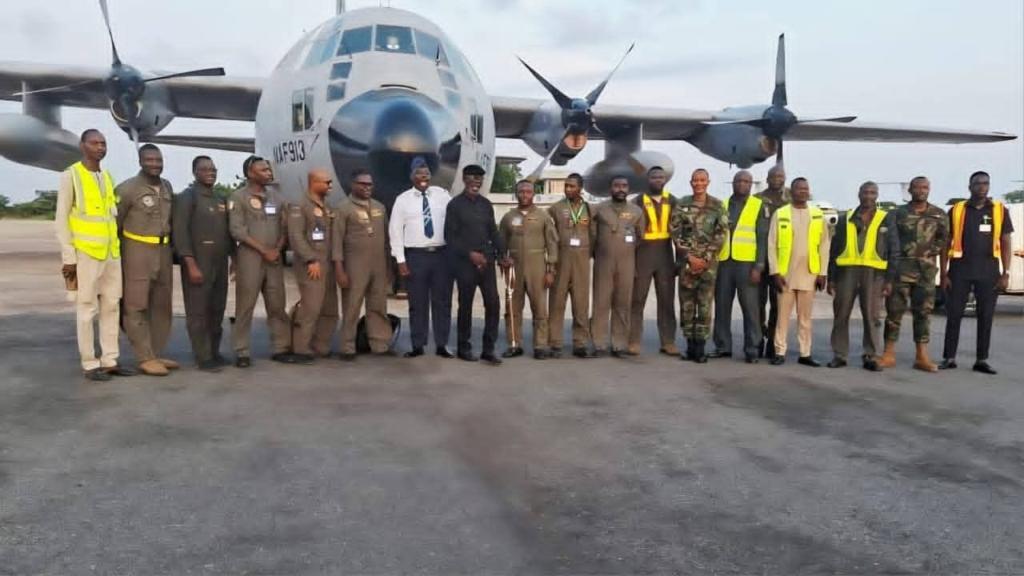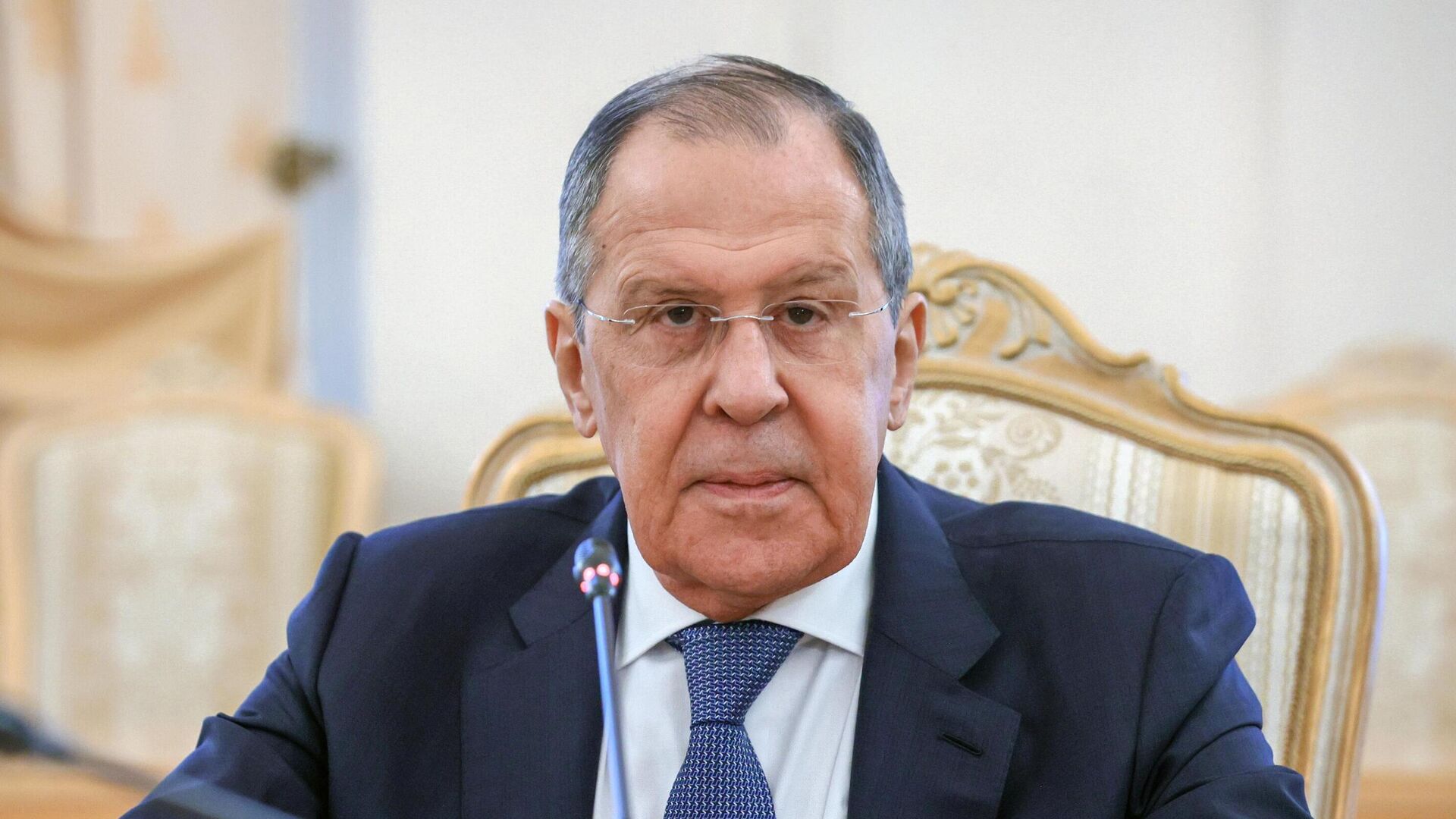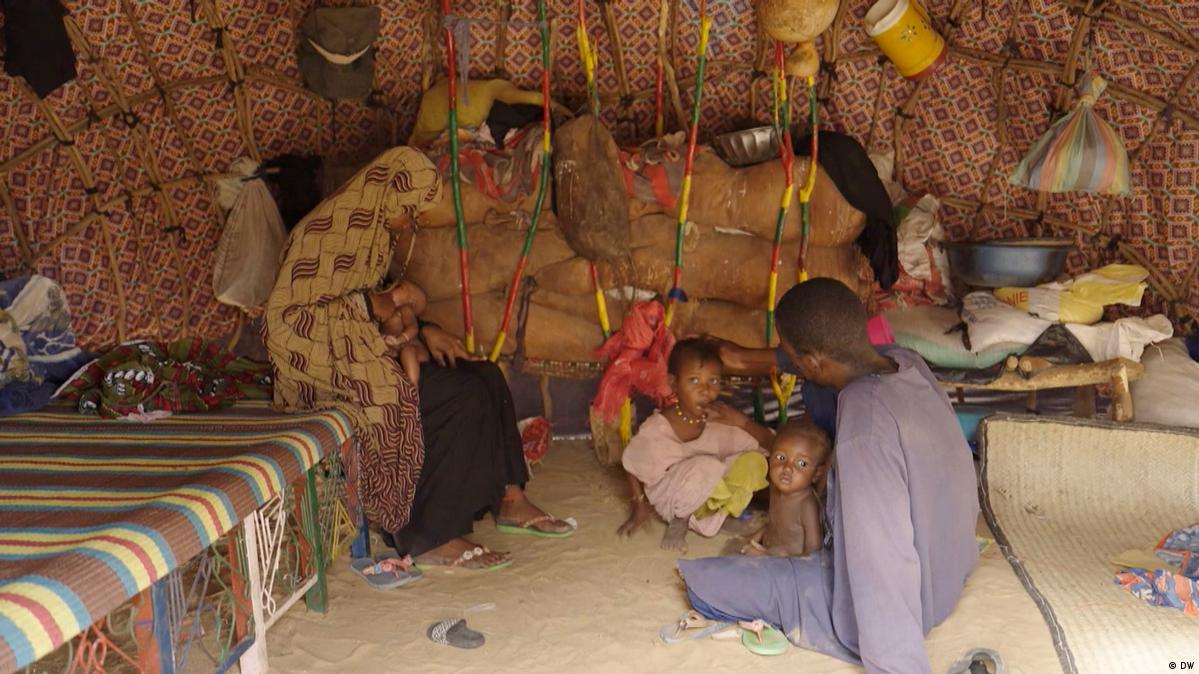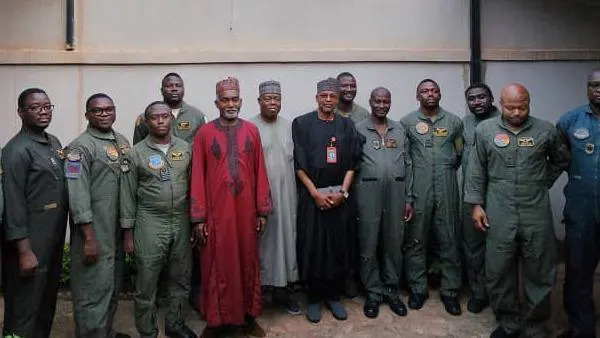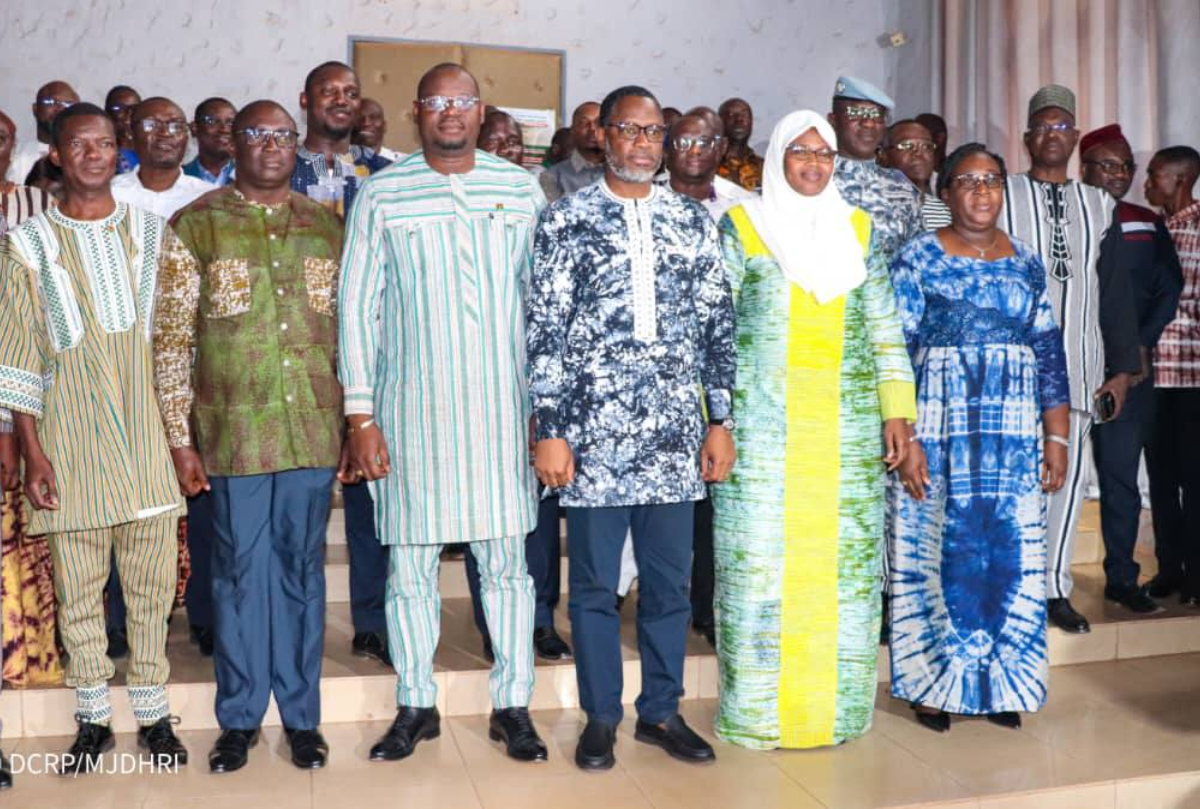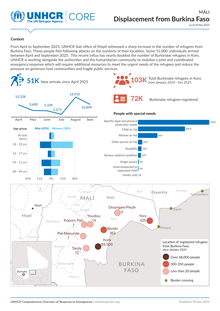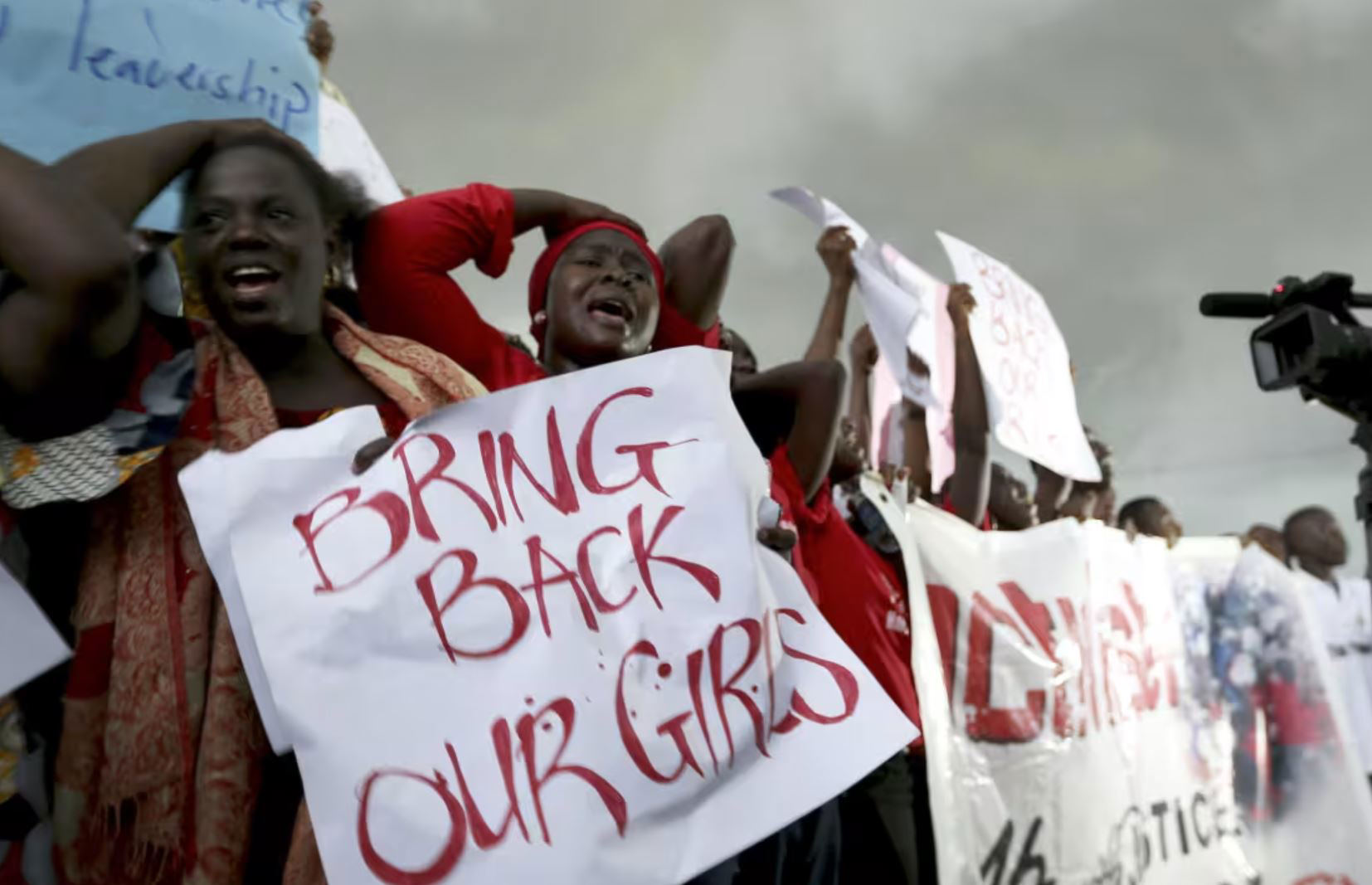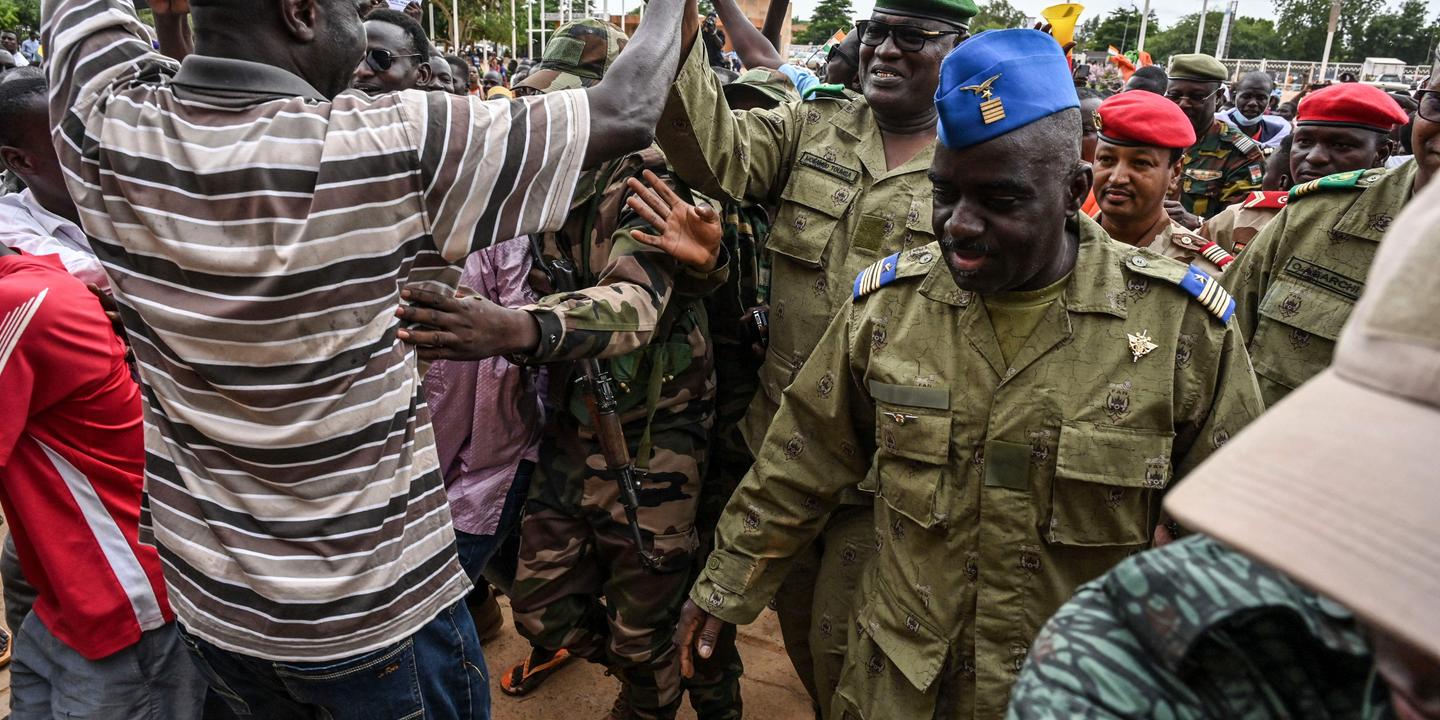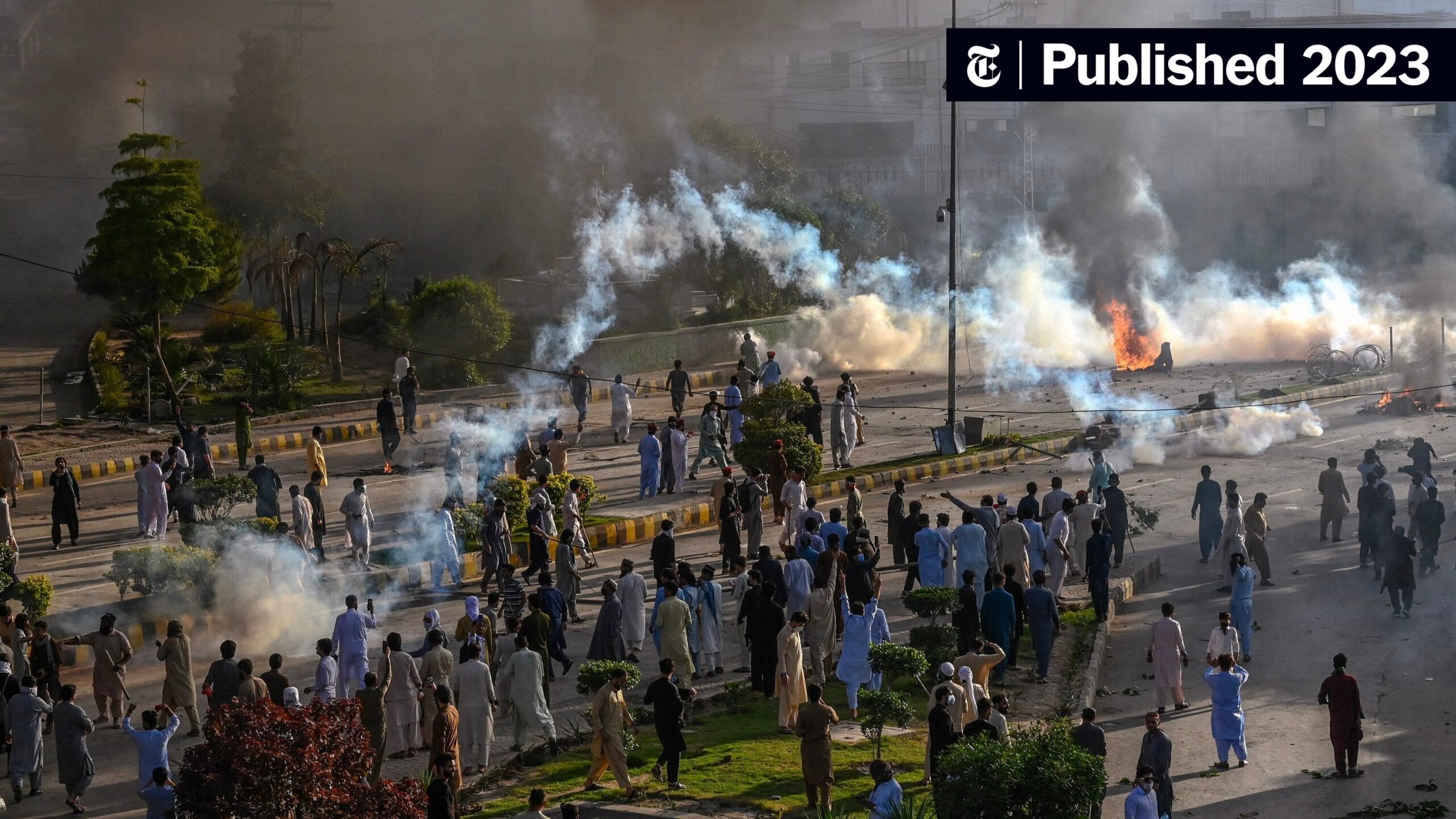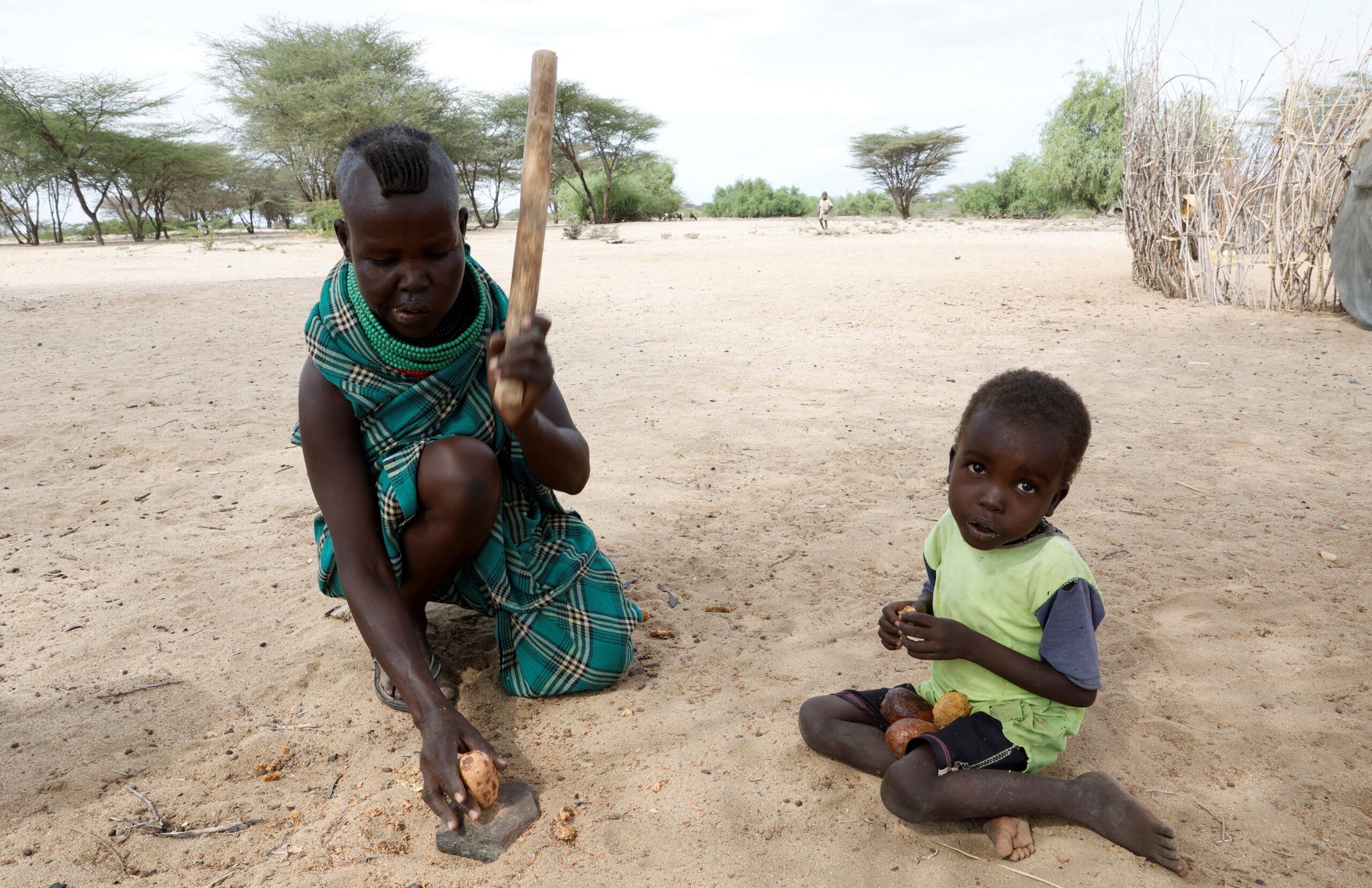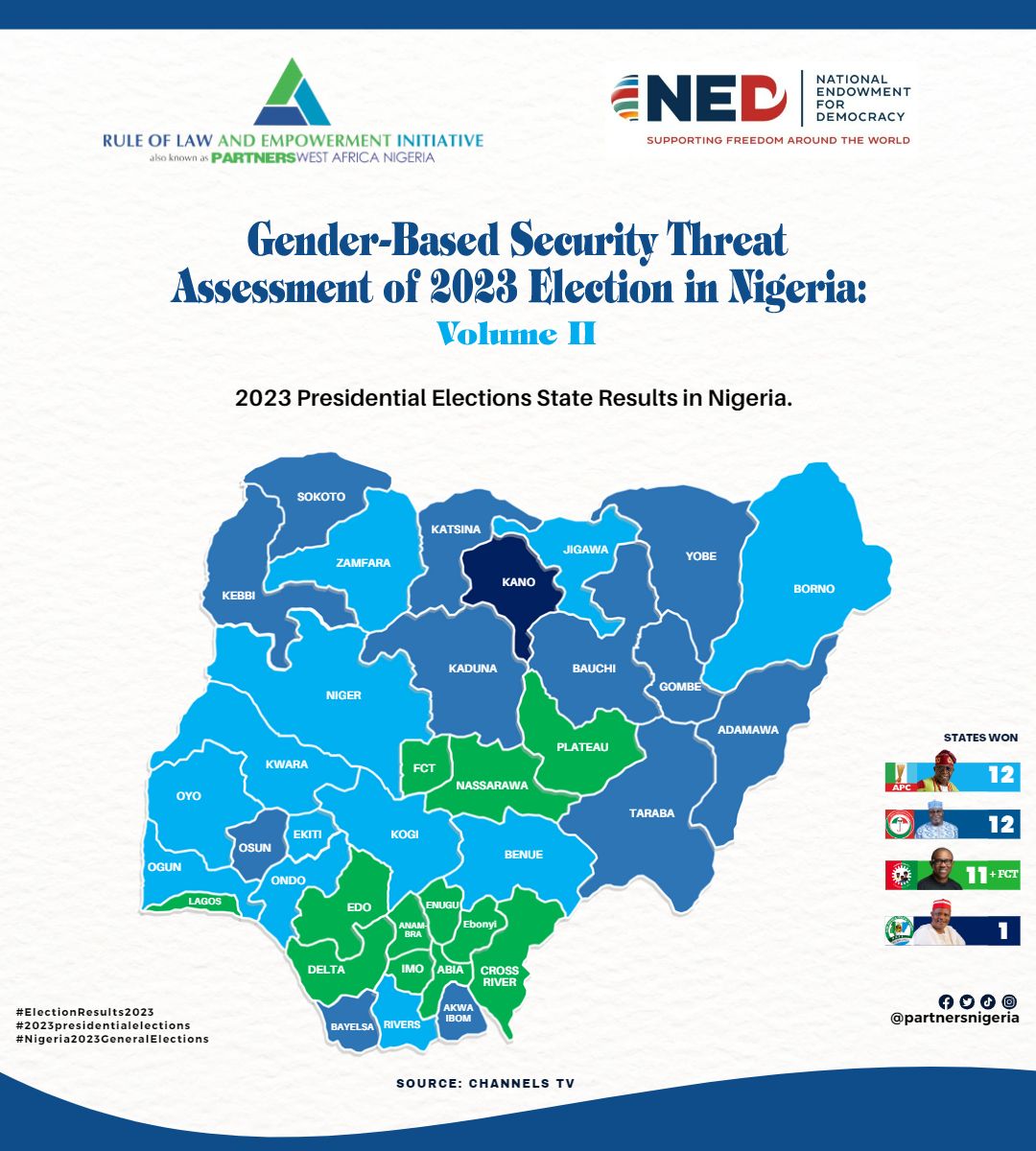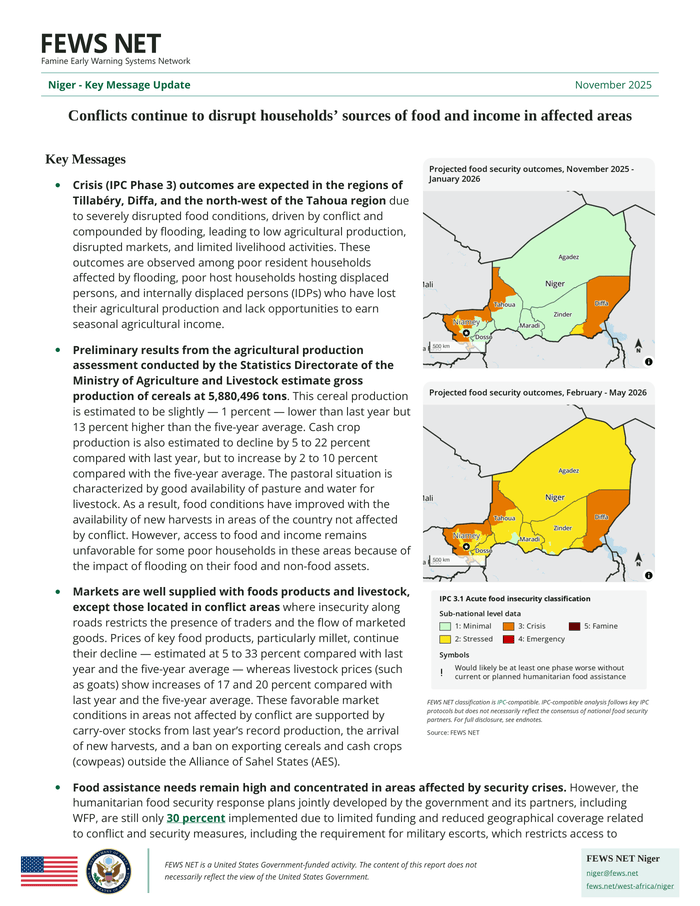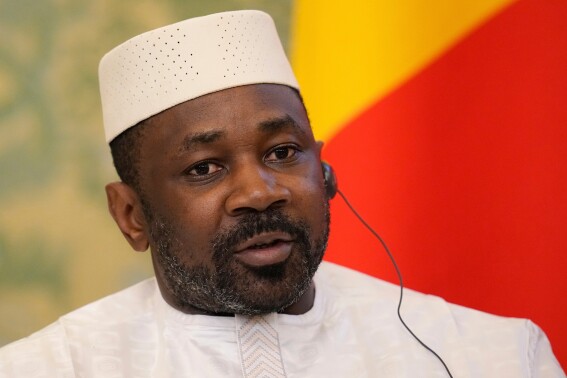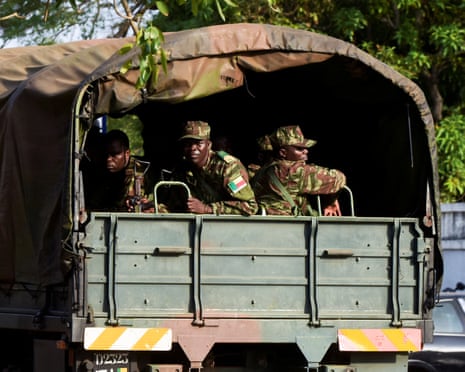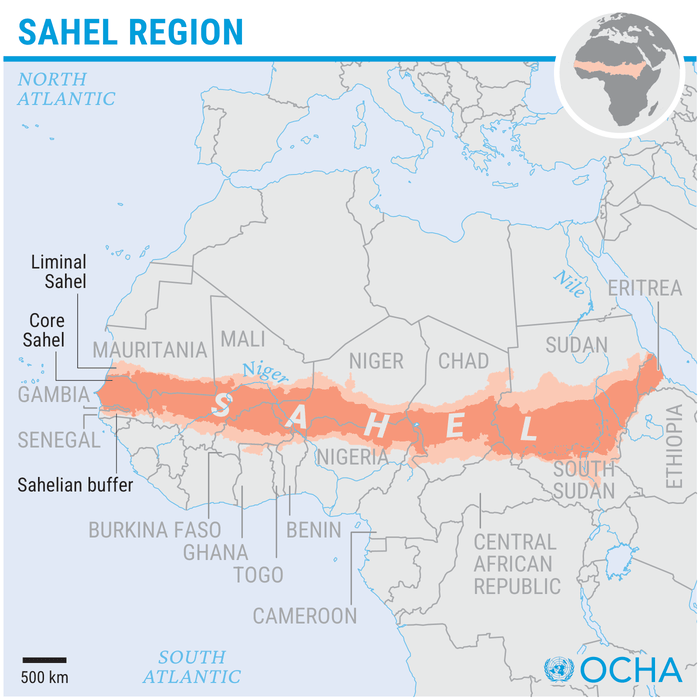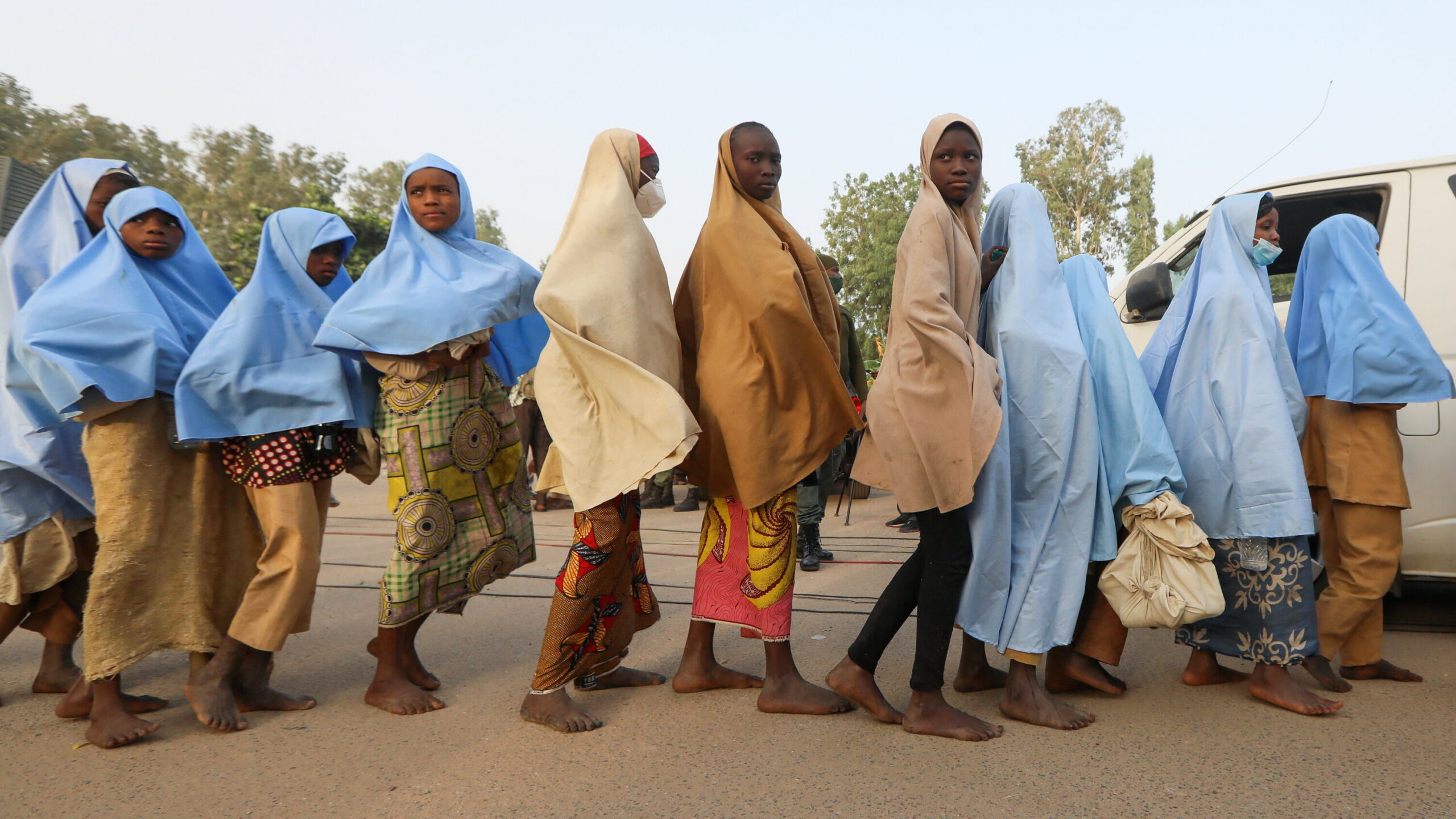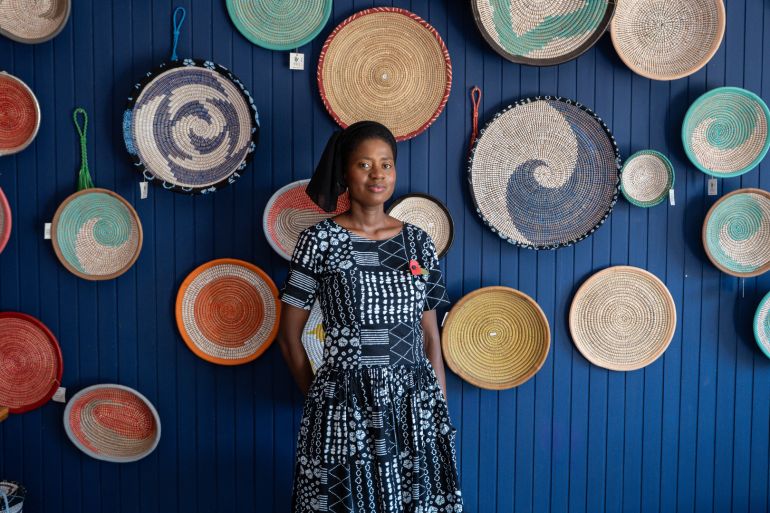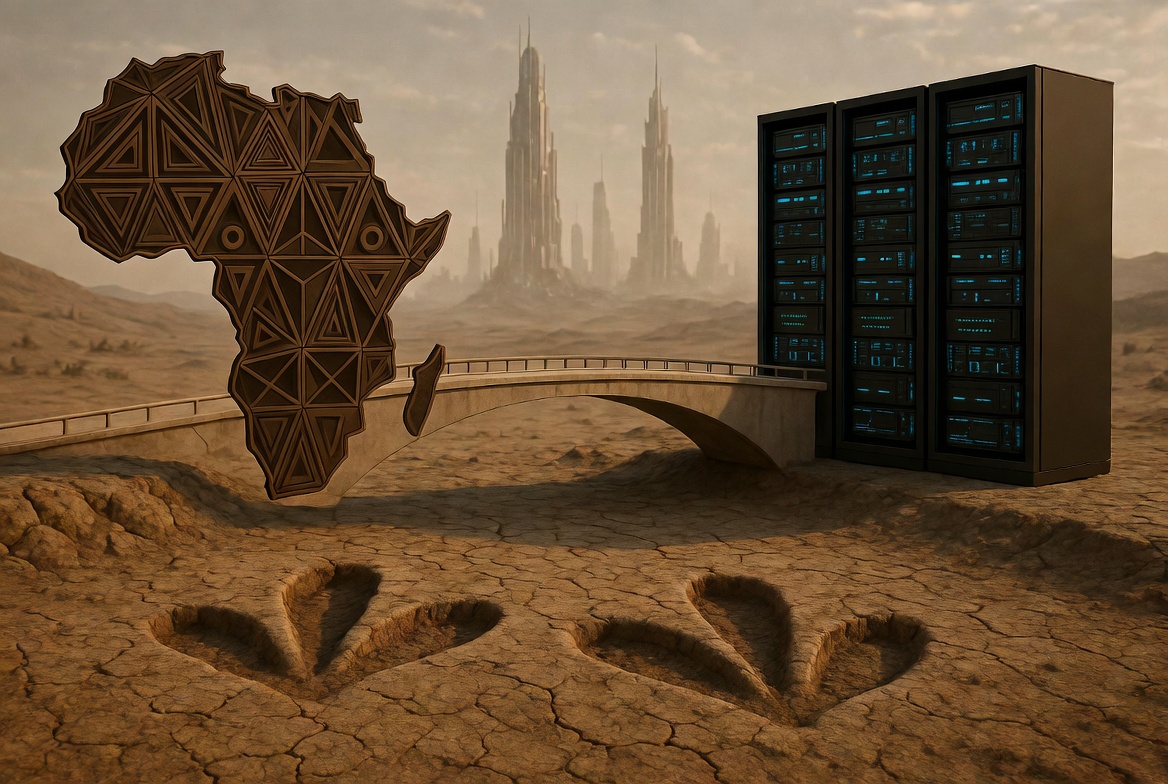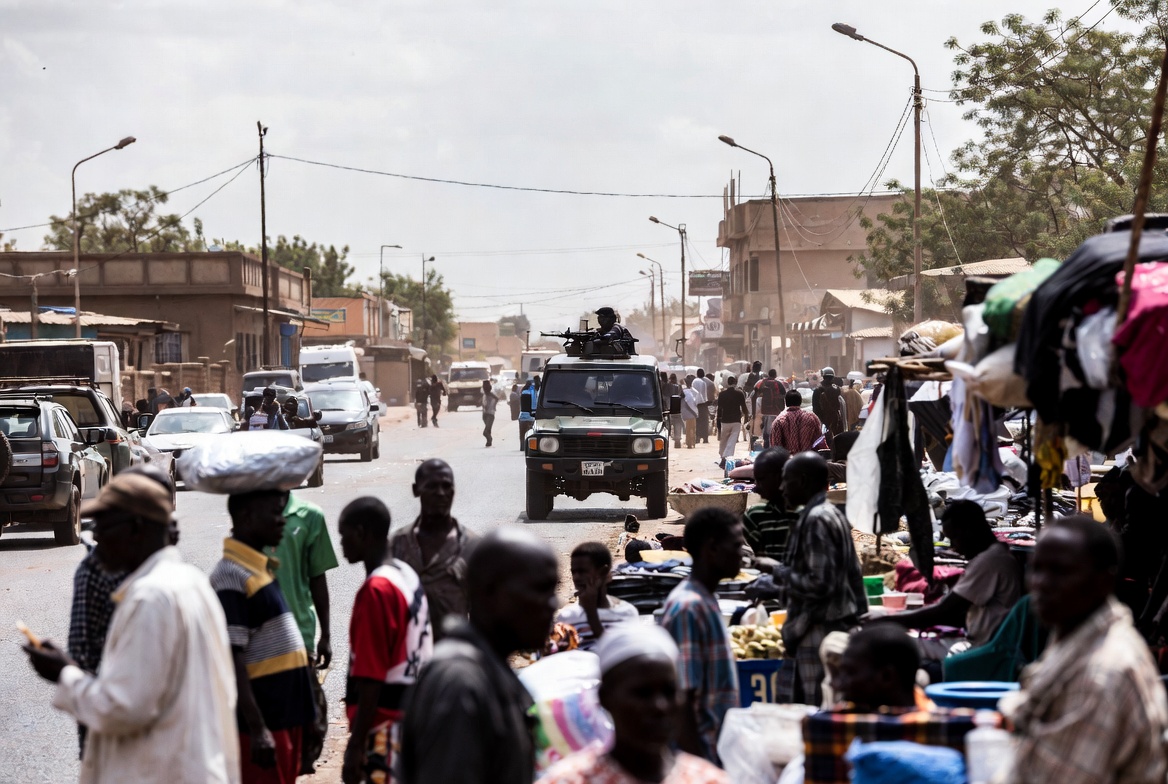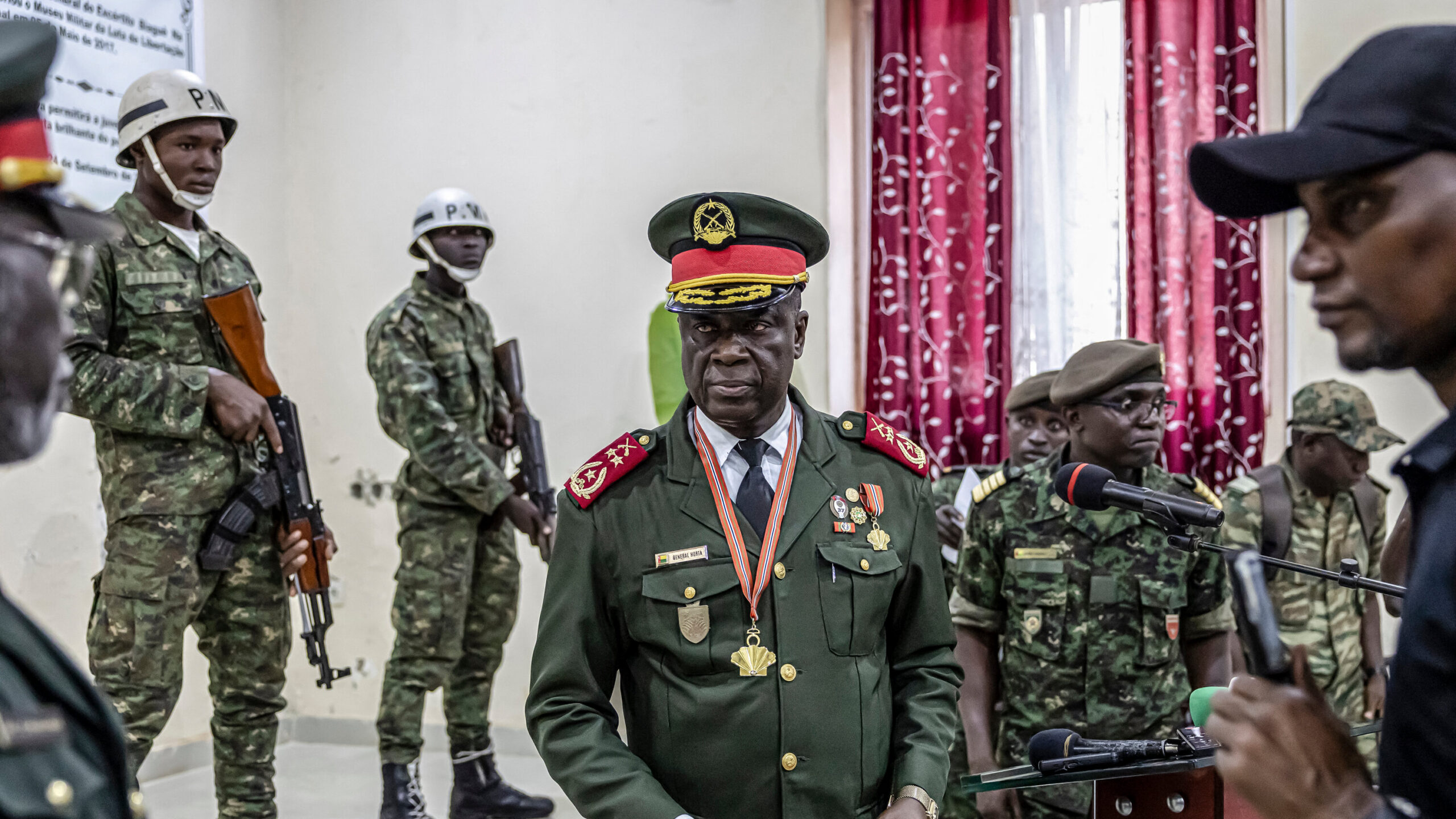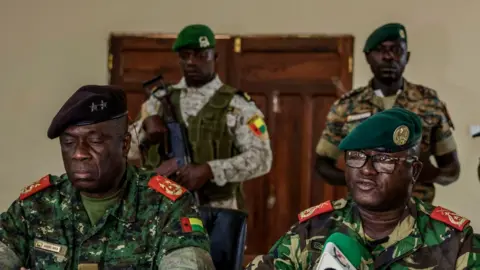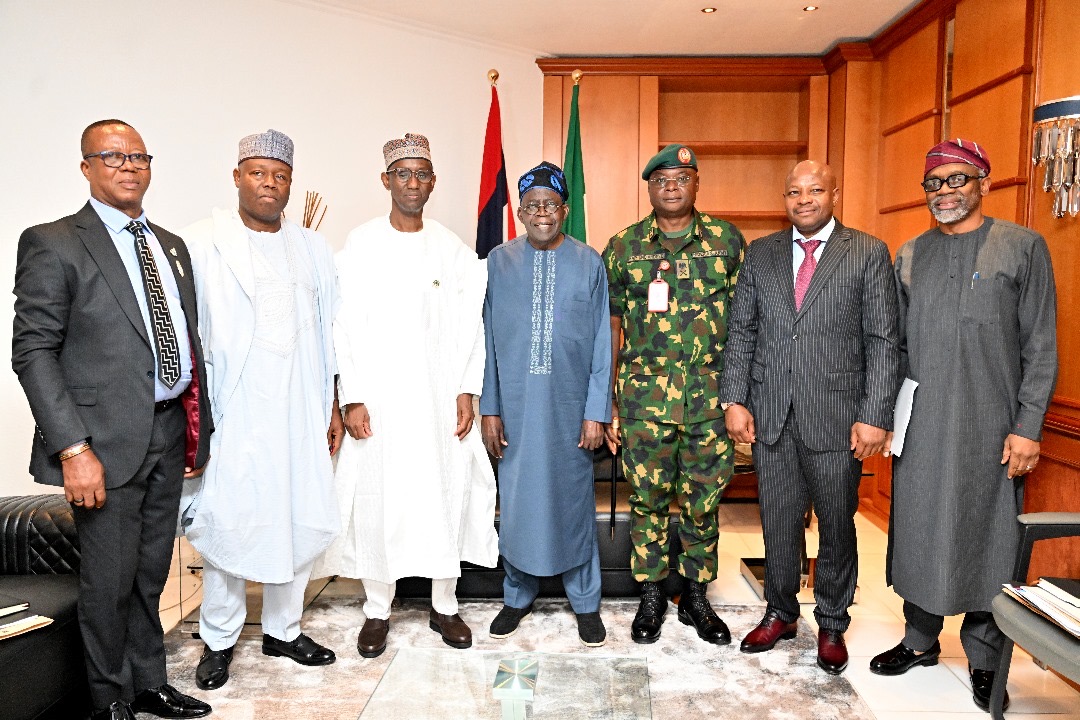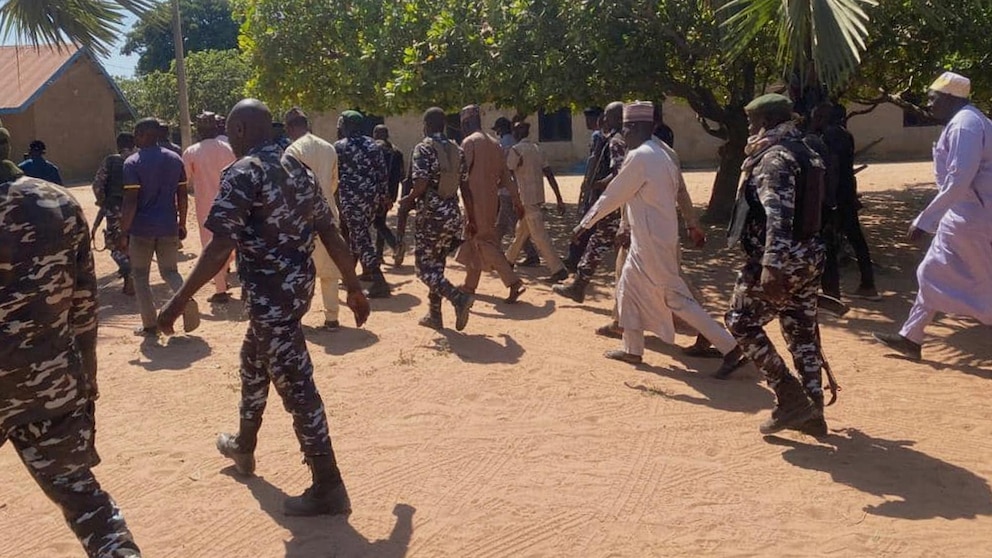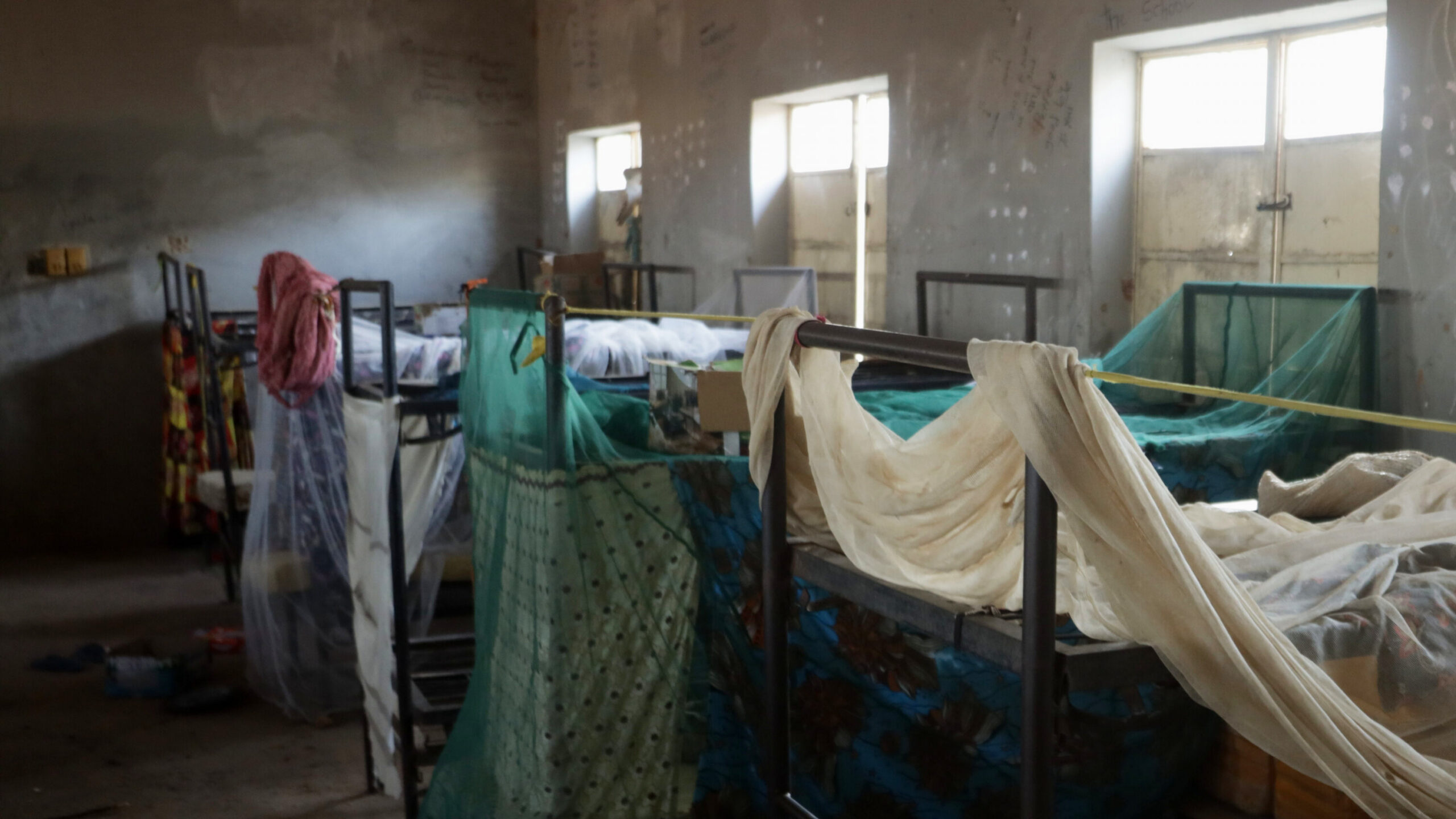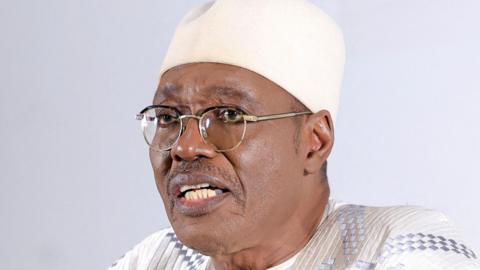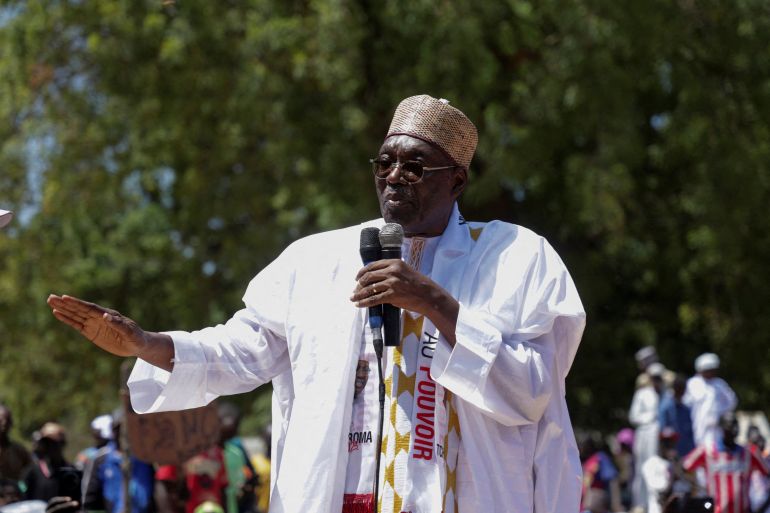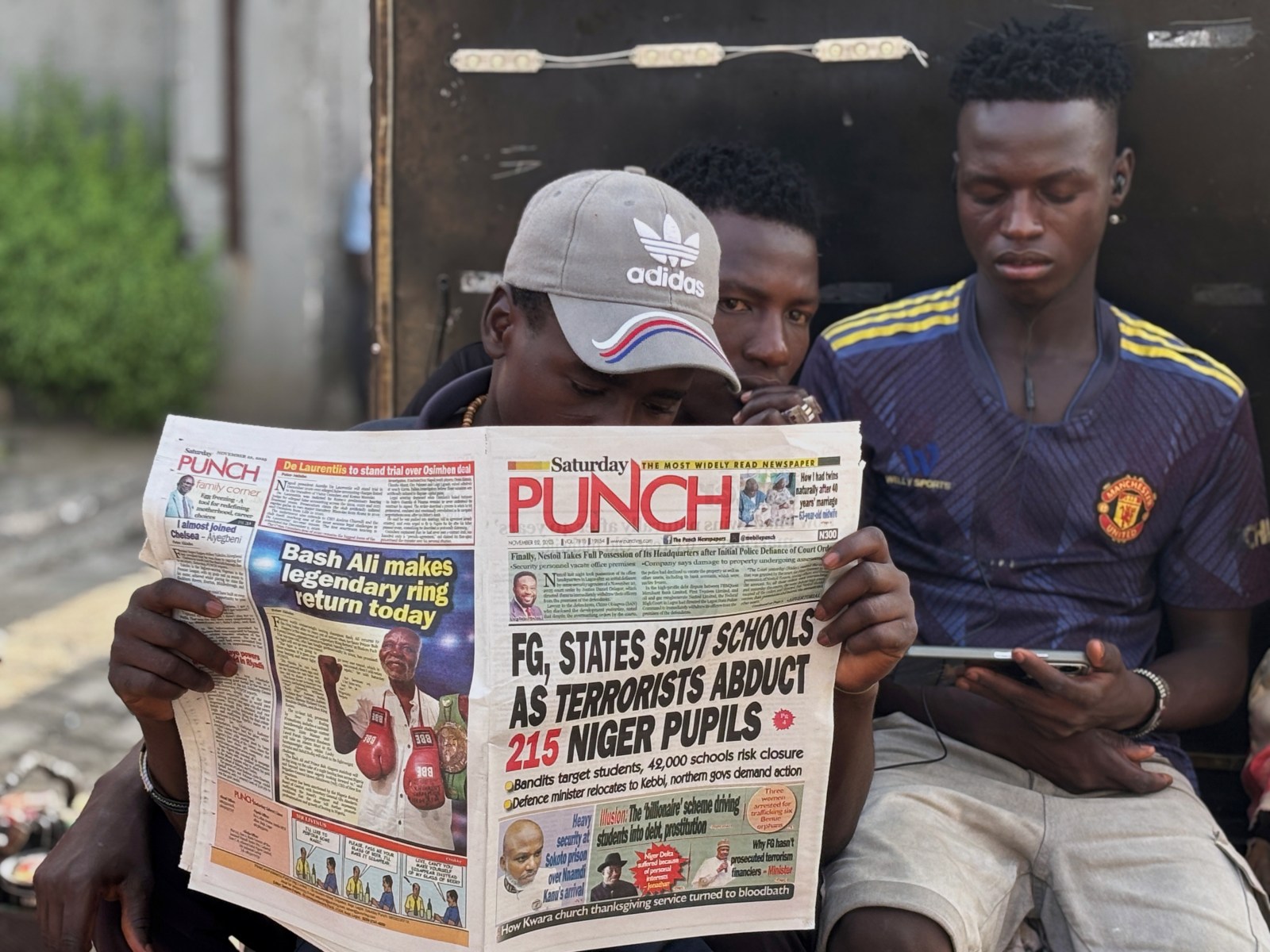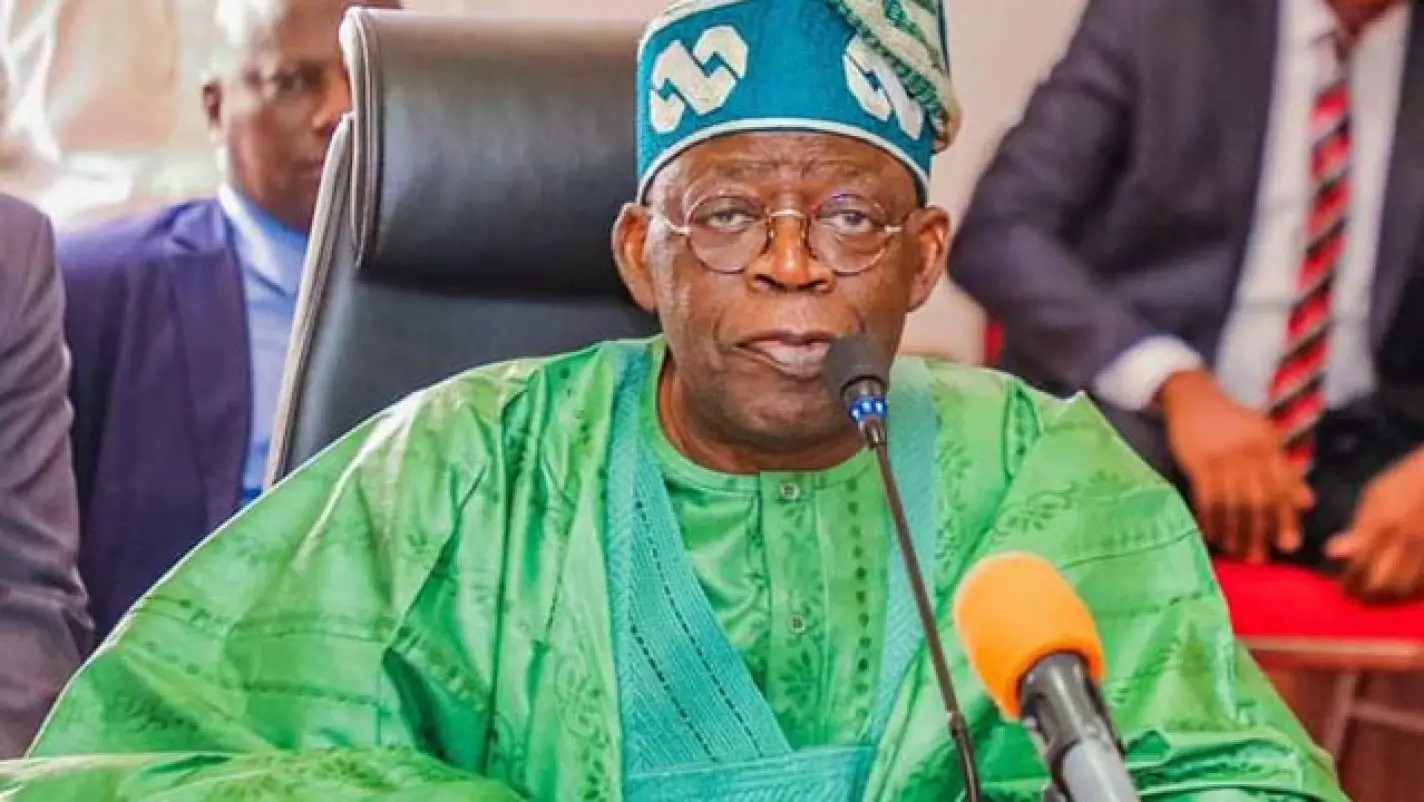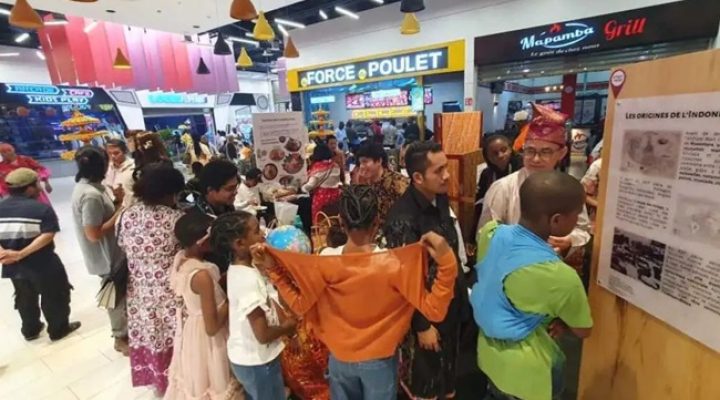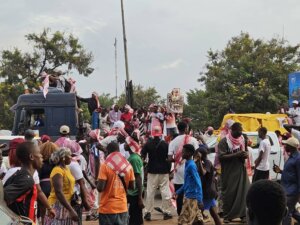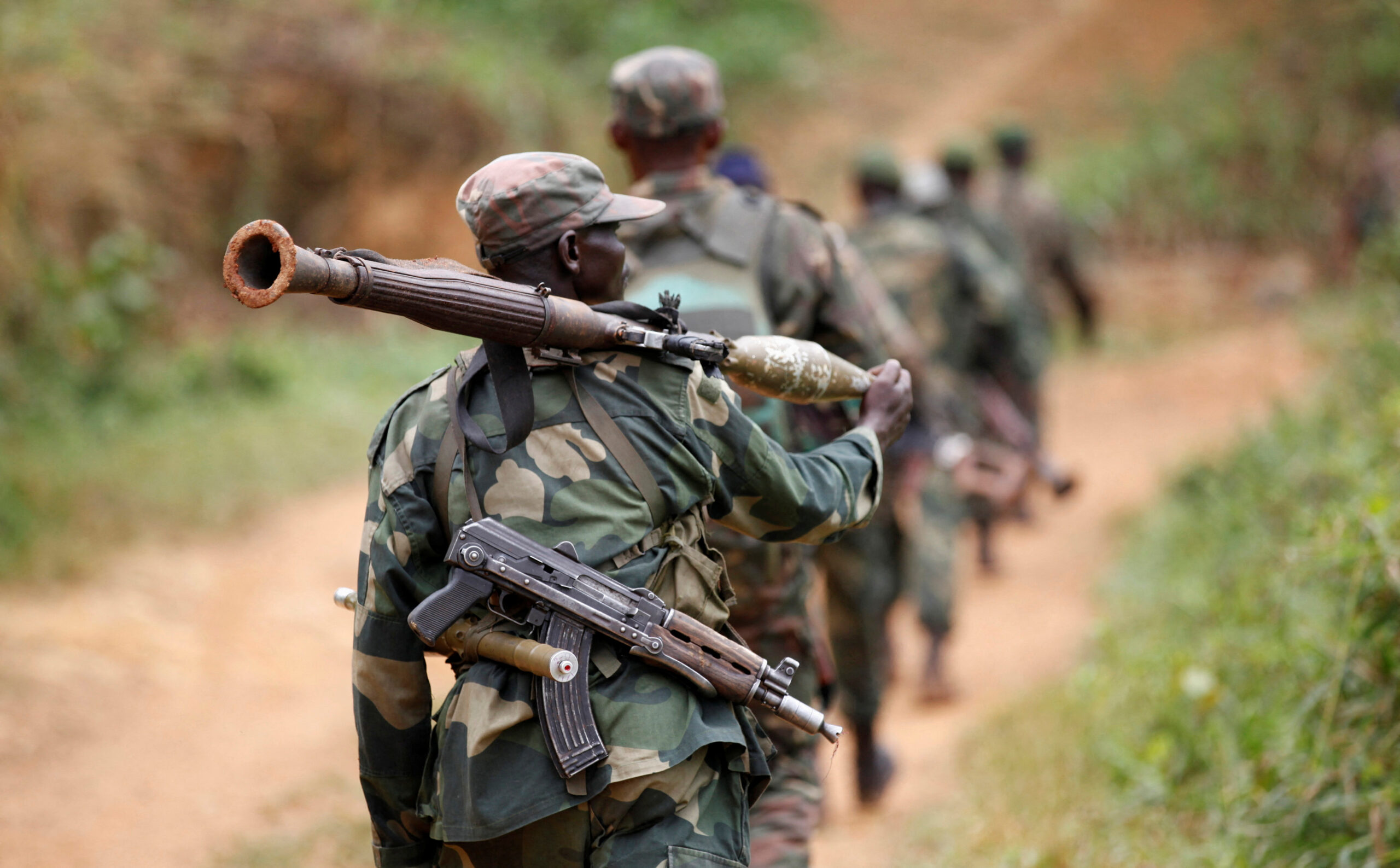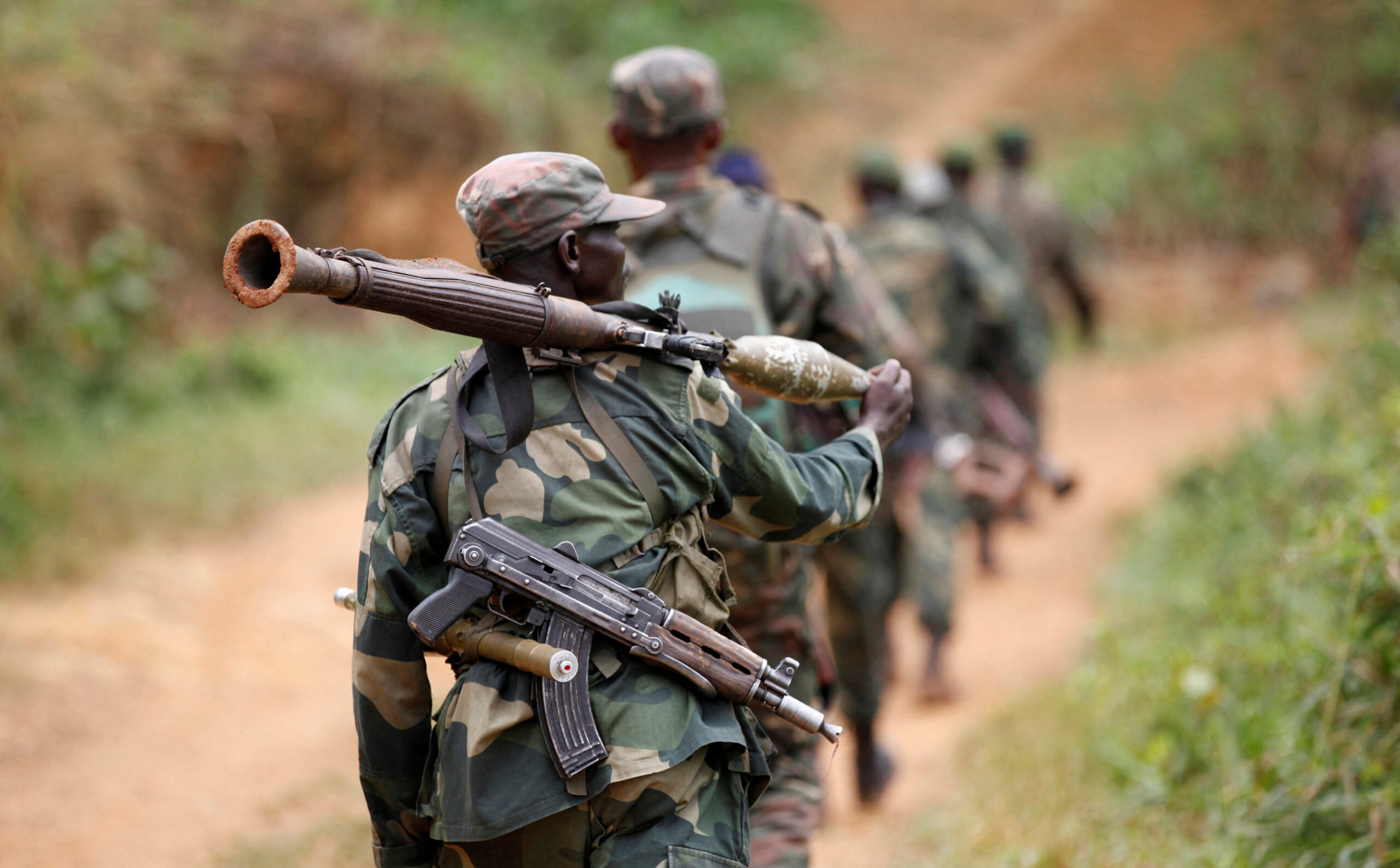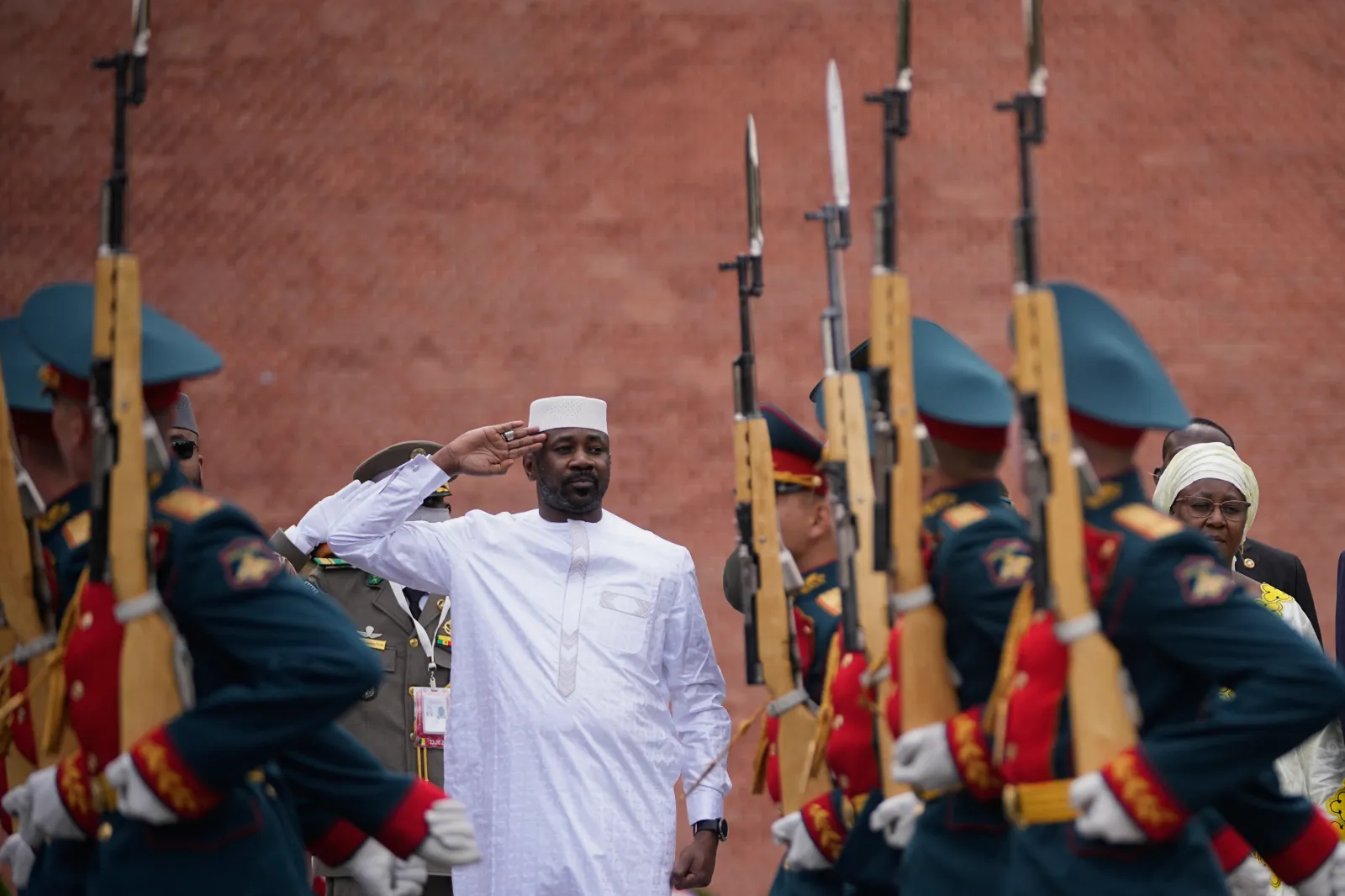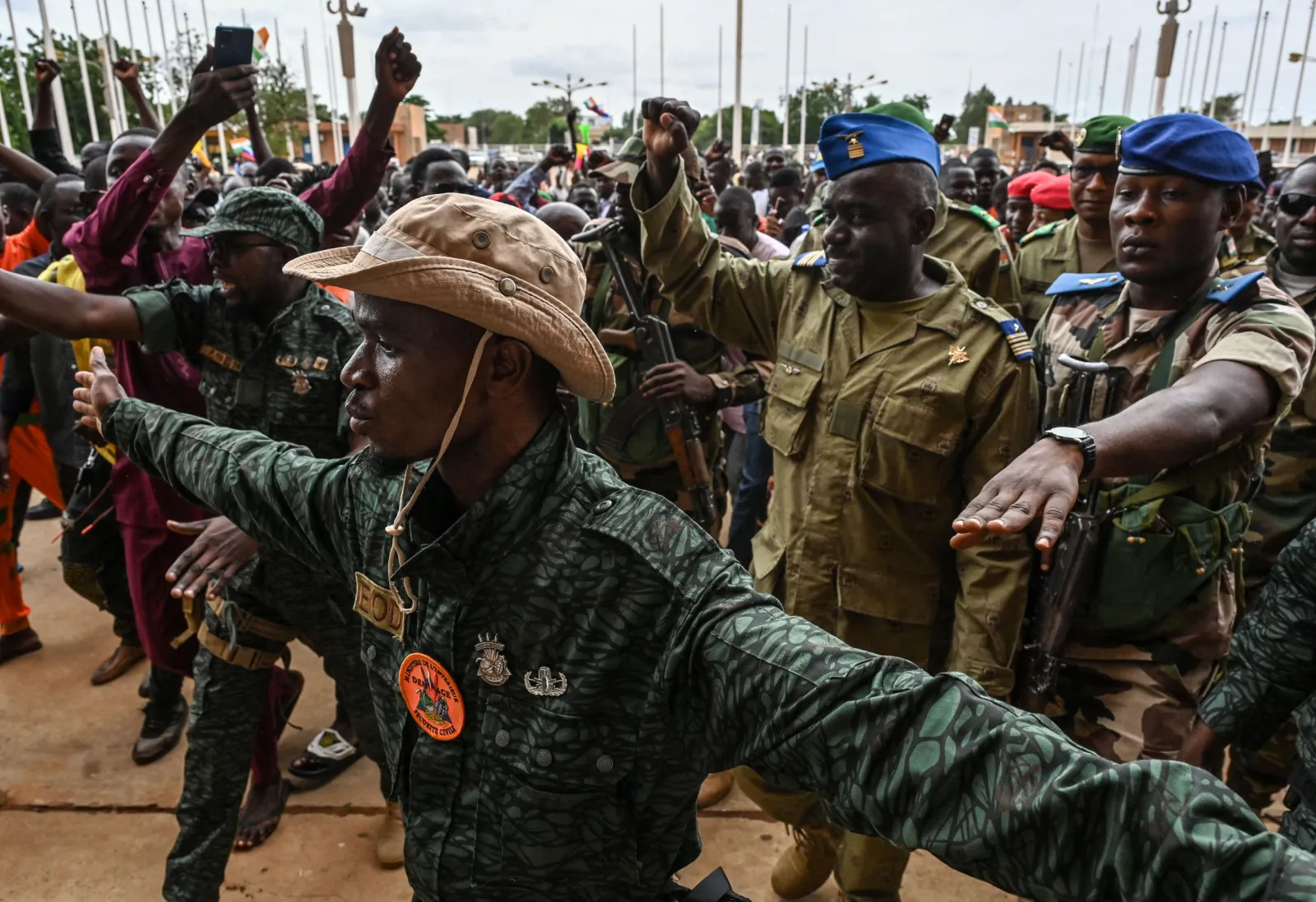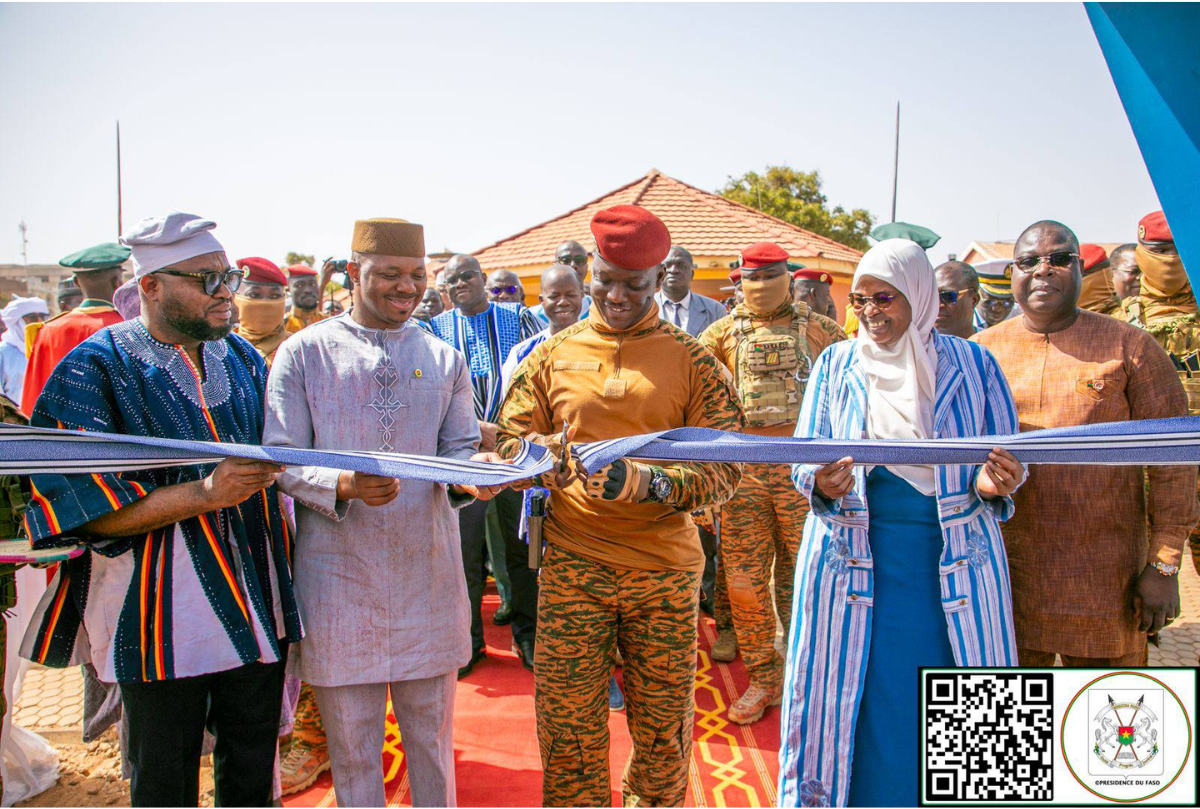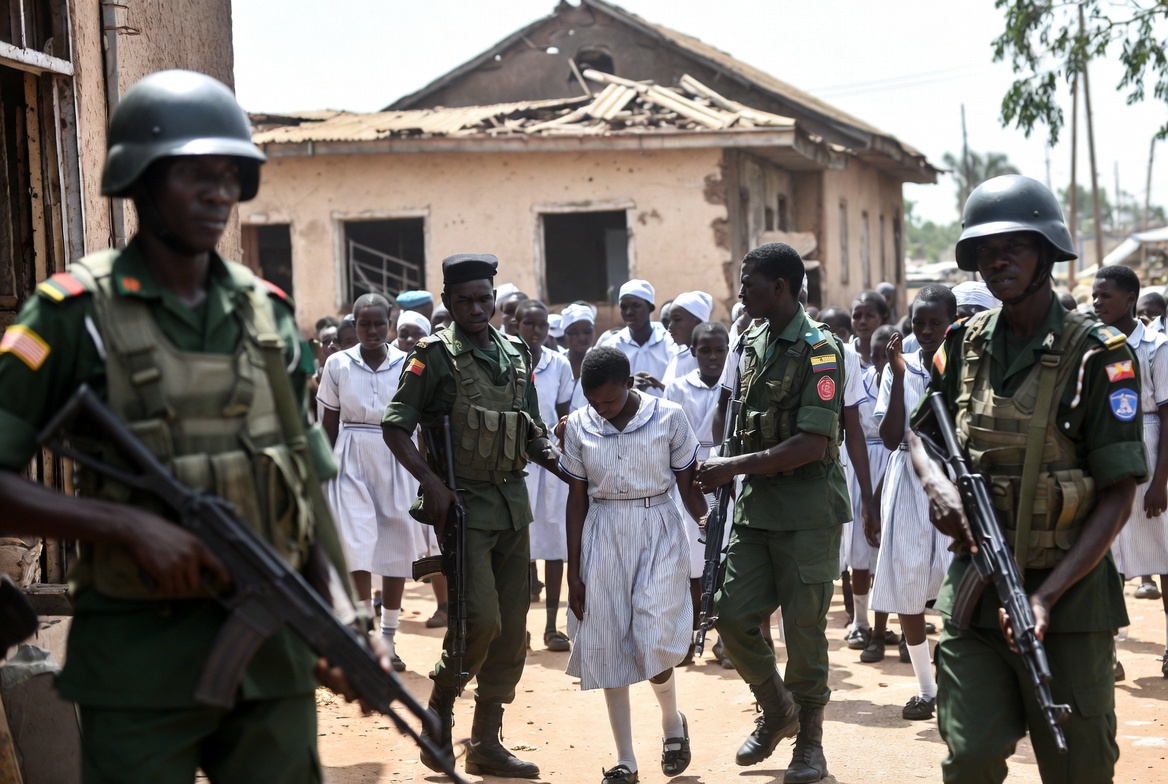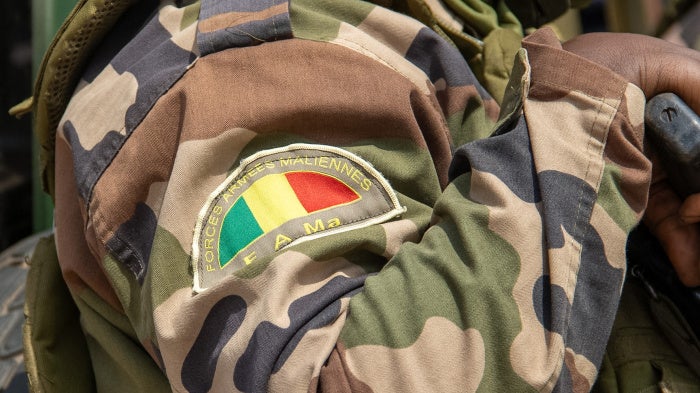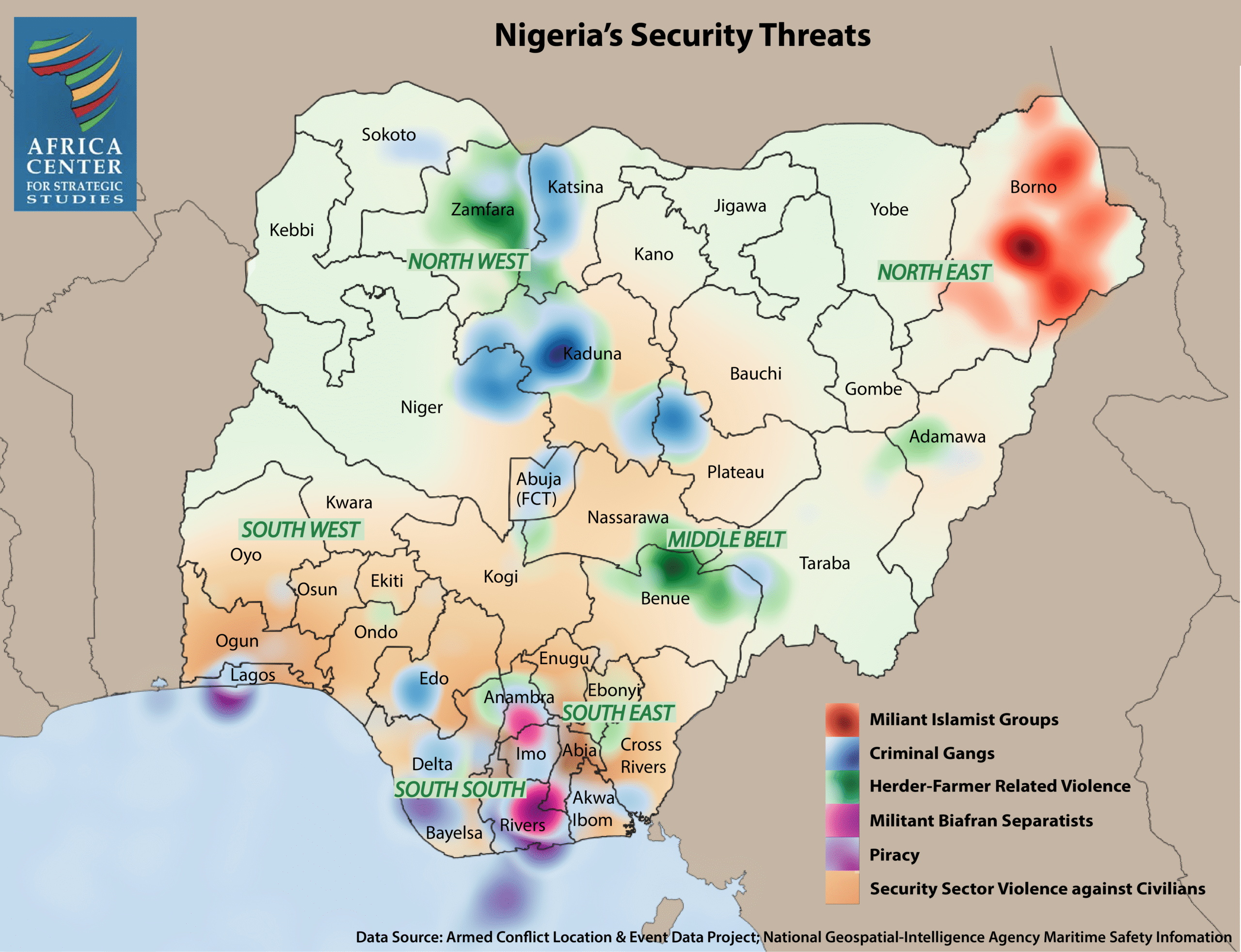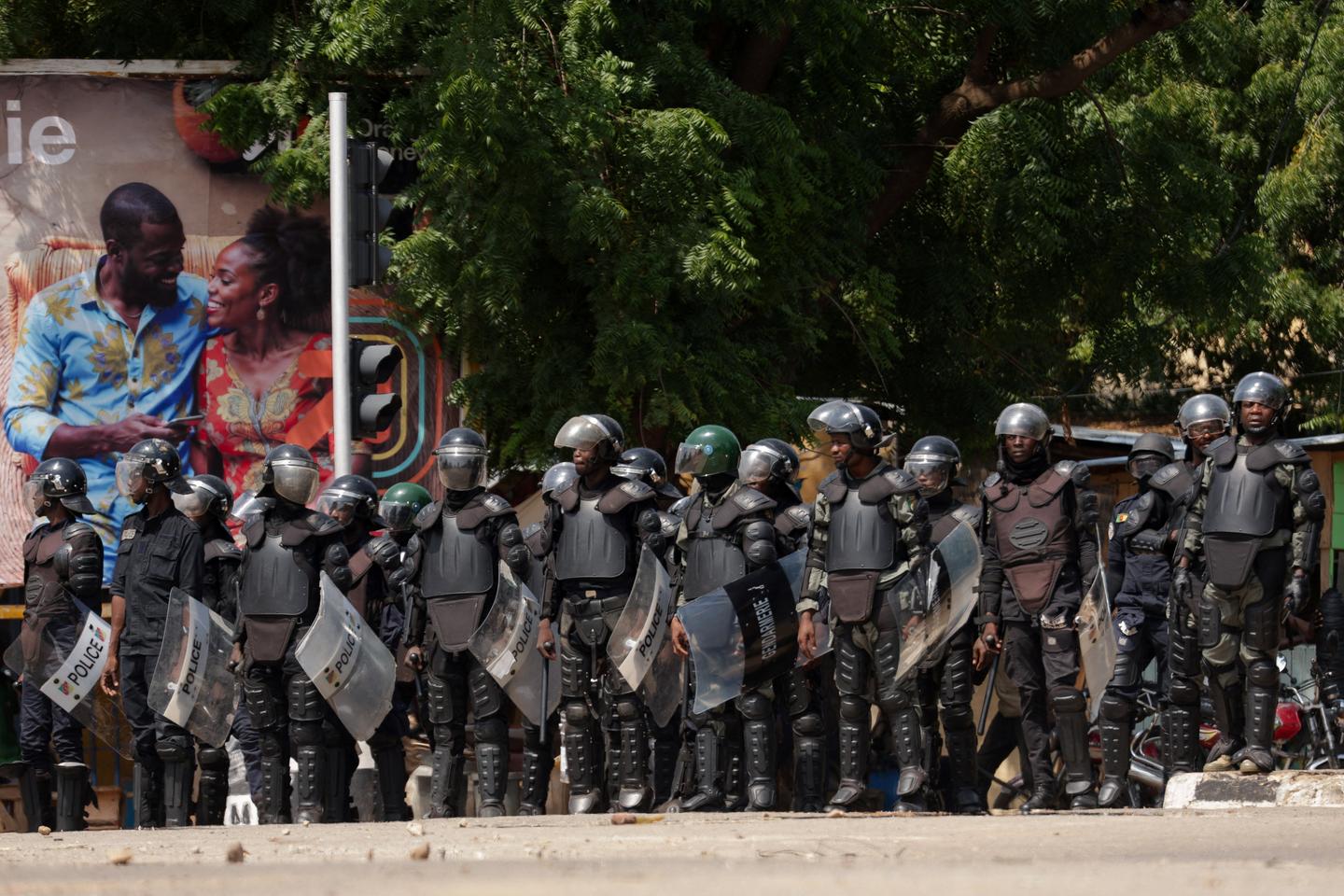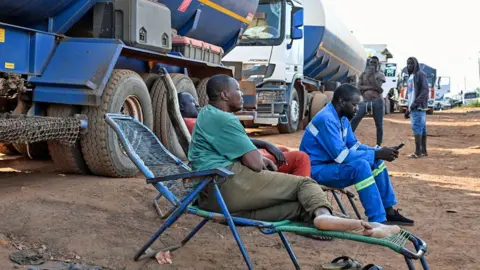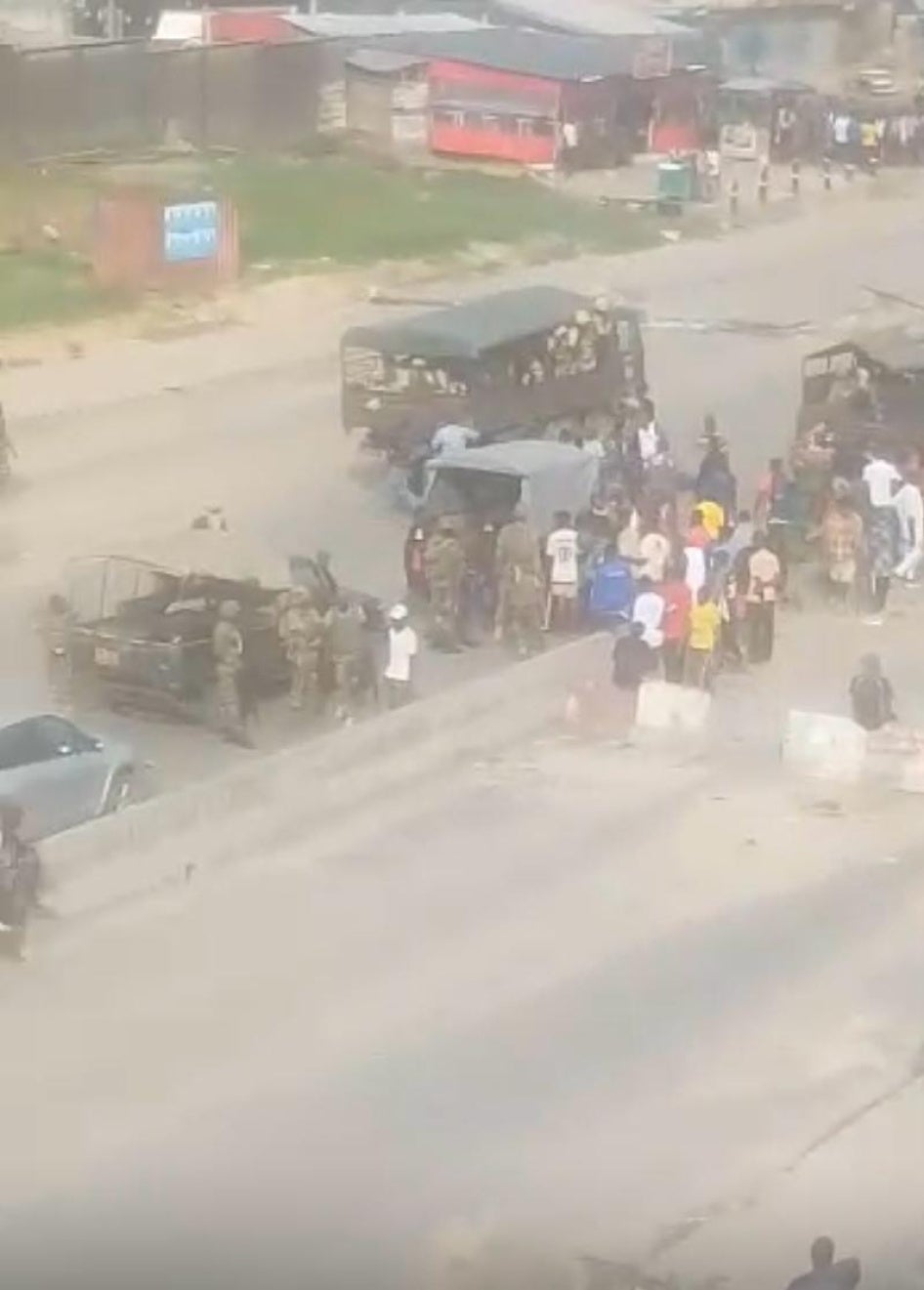
Sudan’s Deepening Conflict Rocks Regional Security, While Nigeria Faces Threats and South Africa Battles Agricultural Woes
Africa is a continent of immense potential, but it’s currently facing a tangled web of challenges. From the escalating conflict in Sudan to persistent security threats in Nigeria and vital agricultural health concerns in South Africa, a complex picture of stability emerges. These recent events don’t just happen in isolation; they urgently demand proactive action at every level, from local communities to international bodies, to avoid even worse humanitarian crises and economic fallout. Let’s look at Sudan. Its western Darfur region is reeling from a severe spike in violence and displacement. Just recently, an aid group reported on November 8, 2025, that thousands of Sudanese civilians fled their homes en masse. Why? A paramilitary force captured the city of el-Fasher, and reports suggest horrific atrocities followed. Tens of thousands are now crammed into refugee camps, desperate for safety. The UN human rights chief didn’t mince words, expressing grave concern that countless others remain trapped in conflict zones, facing truly dire conditions. This deteriorating situation only adds to Sudan’s long-standing instability, making peace and recovery a distant dream. Aid workers struggle to get in, and the rapid influx of displaced people overwhelms existing facilities. Overcrowding, as you can imagine, dramatically raises the risk of disease outbreaks, pushing already vulnerable people further to the brink. It’s clear: Sudan needs more international support and coordinated relief efforts now. You can learn more about the crisis here. The turbulence isn’t confined to Sudan. We’re seeing mirrored security concerns in Nigeria, where violence continues to plague predominantly Muslim communities in the country’s north. Intriguingly, former U.S. President Donald Trump made a statement on November 8, 2025, saying he’d ordered the Pentagon to prepare for possible action regarding Nigeria. While specifics are under wraps, his statement definitely signals ongoing security challenges, including violent attacks on civilians. You can read more about Trump’s statement here. This kind of military readiness tells us the United States is watching developments very closely, perhaps even weighing intervention or support measures. Nigeria’s internal conflicts compound regional instability, impacting all of West Africa. Targeting civilians along religious lines tears at community cohesion and complicates any push for national reconciliation. Don’t these tensions underscore the critical need for strategic diplomacy, security cooperation, and humanitarian assistance to stabilize these affected regions? As we consider these challenges, it’s worth noting that Mali also faces a growing jihadist threat, further complicating regional stability. To understand the wider regional dynamics, consider how West Africa unites against Sahel turmoil.
But it’s not all about conflict. Down south, South Africa is tackling agricultural health issues that really threaten its food security and economic lifeblood. Recent reports confirm a case of foot-and-mouth disease (FMD) near Gouda in the Western Cape. FMD, a highly contagious viral disease, hits livestock like cattle, sheep, and goats hard, causing massive economic losses due to decreased productivity and trade restrictions. This outbreak has certainly put farmers, policymakers, and vets on high alert, pushing them to step up surveillance, vaccination campaigns, and biosecurity measures. Want to know more about efforts to help stop FMD? What’s promising? Smallholder farmers in Limpopo recently broke through barriers to access agricultural insurance, a resource once thought only for big commercial farms. This progress seriously boosts their resilience against outbreaks and other farming risks. Beyond diseases, African agriculture is also innovating with technology. An artificial intelligence tool, designed to combat aflatoxin, a toxic fungus that contaminates maize and other crops, emerged as a really promising development. Aflatoxin poses serious health risks to humans and animals, and it stifles trade. The introduction of AI-driven monitoring and early warning systems is a huge leap forward, protecting crops and making sure food across the continent stays safe. This blend of challenges and solutions paints a vivid picture of the continent’s dynamic nature, showcasing both its vulnerabilities and its incredible capacity for growth.
So, what does all this mean for Africa? We’re seeing security, humanitarian, and agricultural challenges woven together. The intense upheaval in Sudan’s Darfur, marked by violent conflict and displacement, sends ripples across the continent, echoed by instability in Nigeria that undeniably demands international attention. Yet, South Africa’s focused efforts on controlling livestock diseases and embracing agricultural innovation offer a powerful counterpoint, a story of resilience and forward thinking. Looking ahead, Africa stands at a critical juncture. Addressing security concerns effectively means combining diplomacy, defense readiness, and humanitarian aid. That’s how we stabilize vulnerable regions. At the same time, protecting and strengthening agriculture through disease prevention, accessible insurance, and technology integration isn’t just important, it’s vital for sustaining livelihoods and economic growth. Collaborative efforts involving governments, international agencies, and local communities will be absolutely essential for navigating these complex issues. As the situation evolves, keeping a close eye on developments in Sudan, Nigeria, and South Africa will give us crucial insights into broader regional trends. Ultimately, Africa’s ability to turn adversity into opportunity hinges on smart investments, strong governance, and an unwavering commitment to protect its people and precious resources. For a closer look at leadership navigating such challenges, see how Burkina Faso’s new leadership drives stability.

